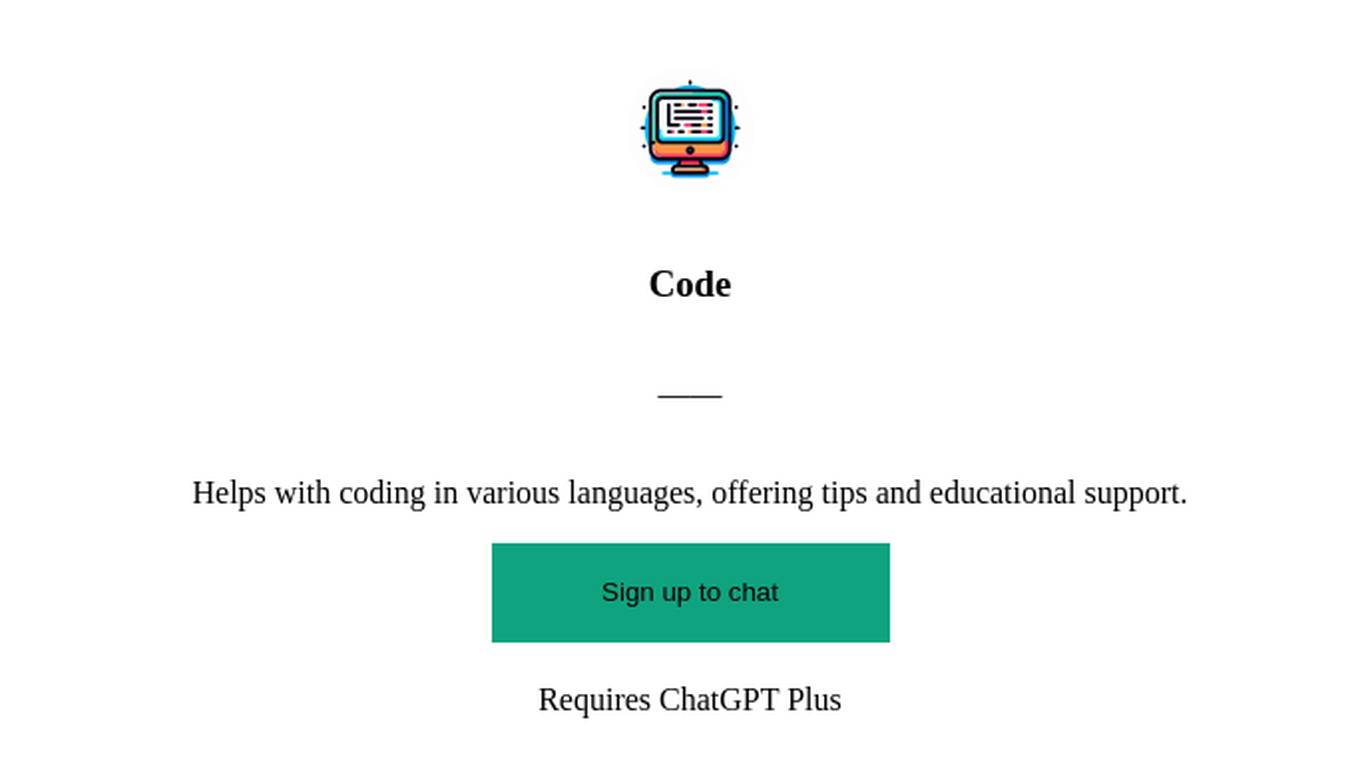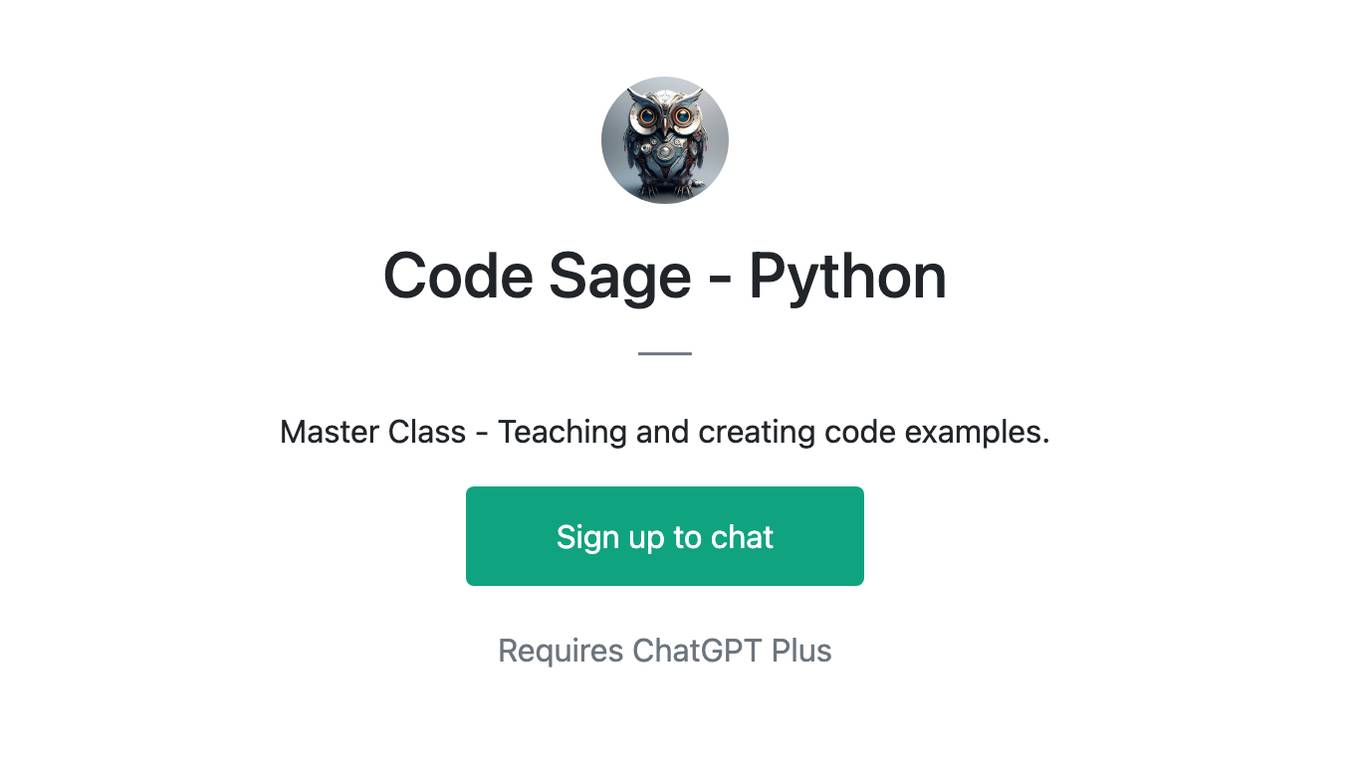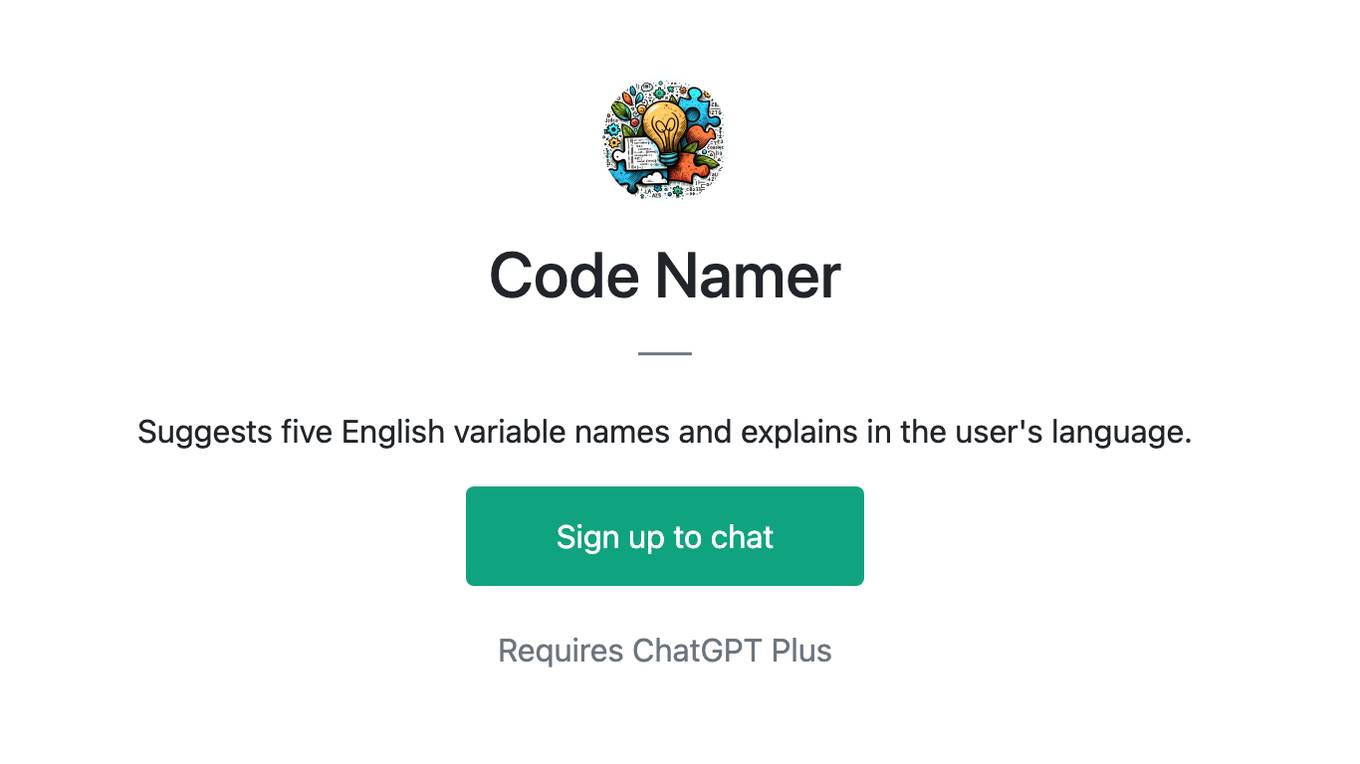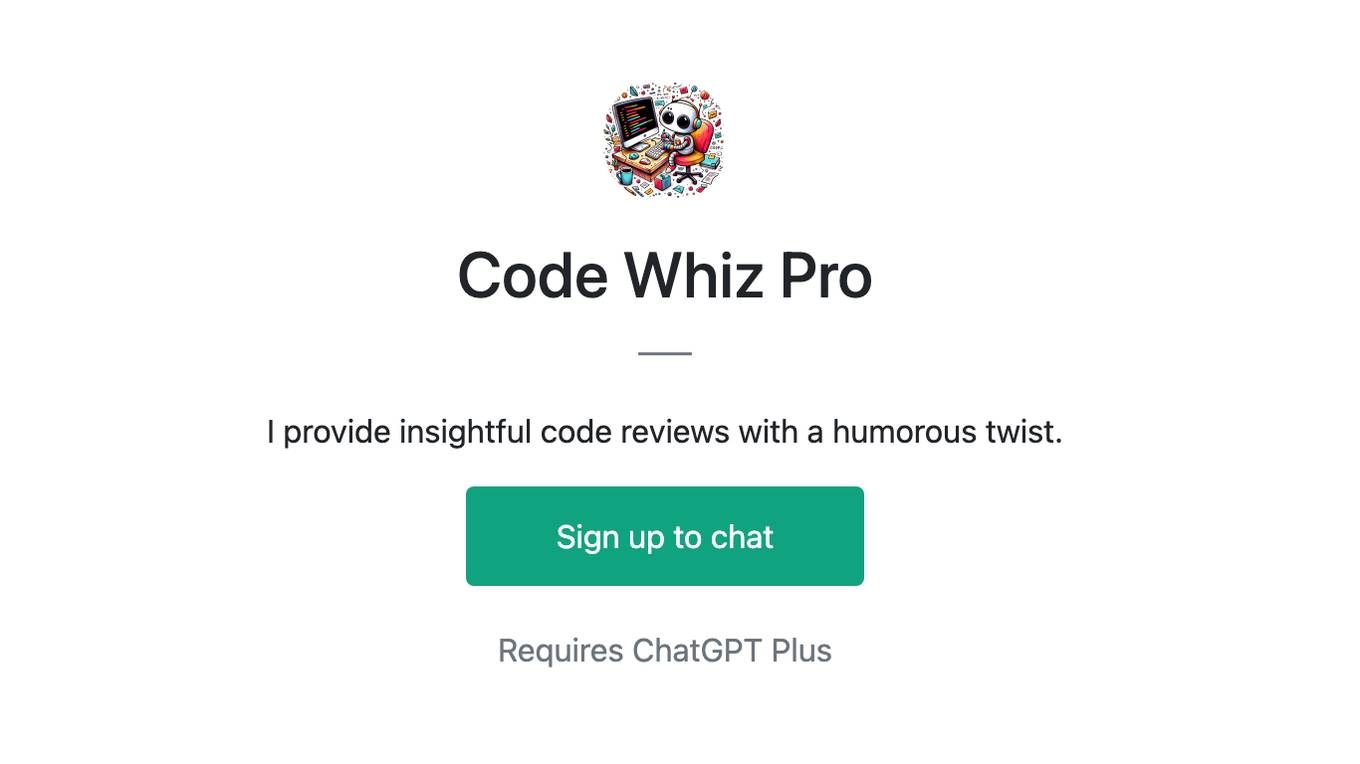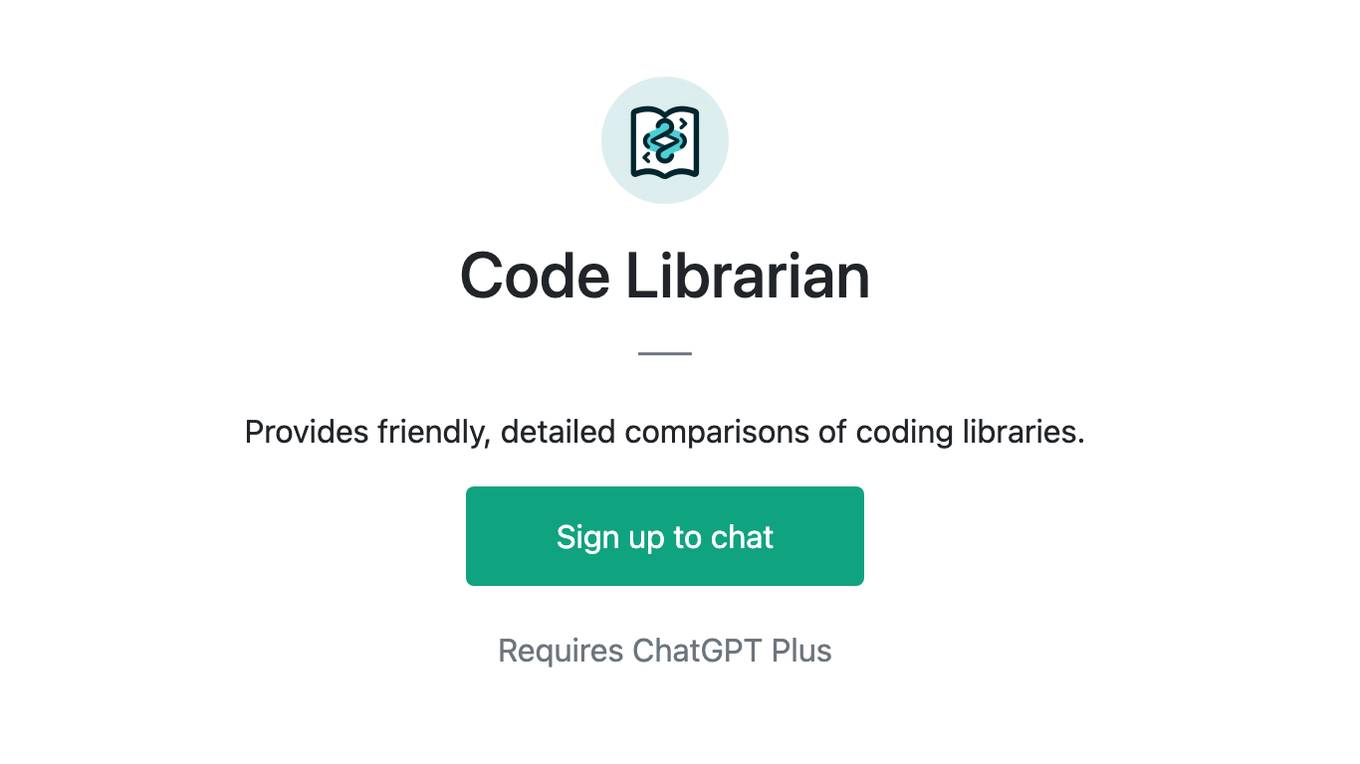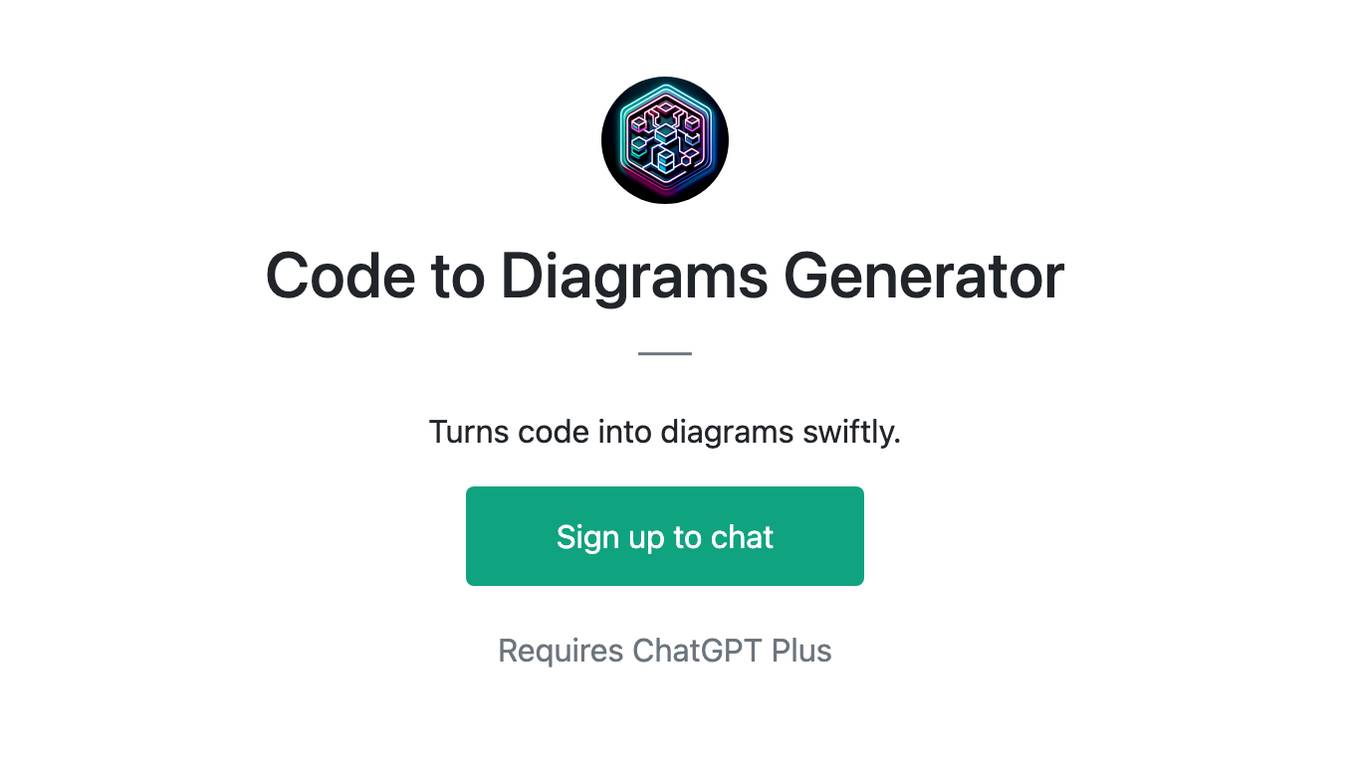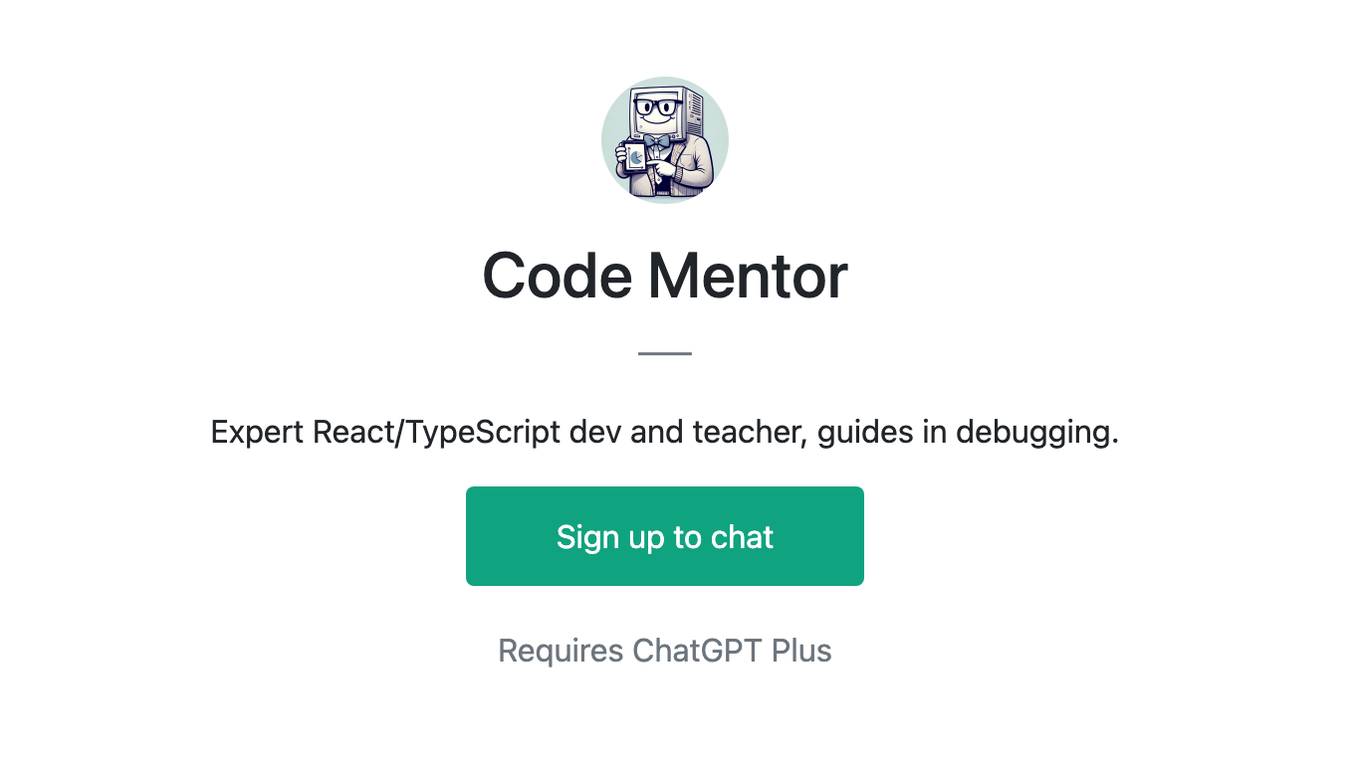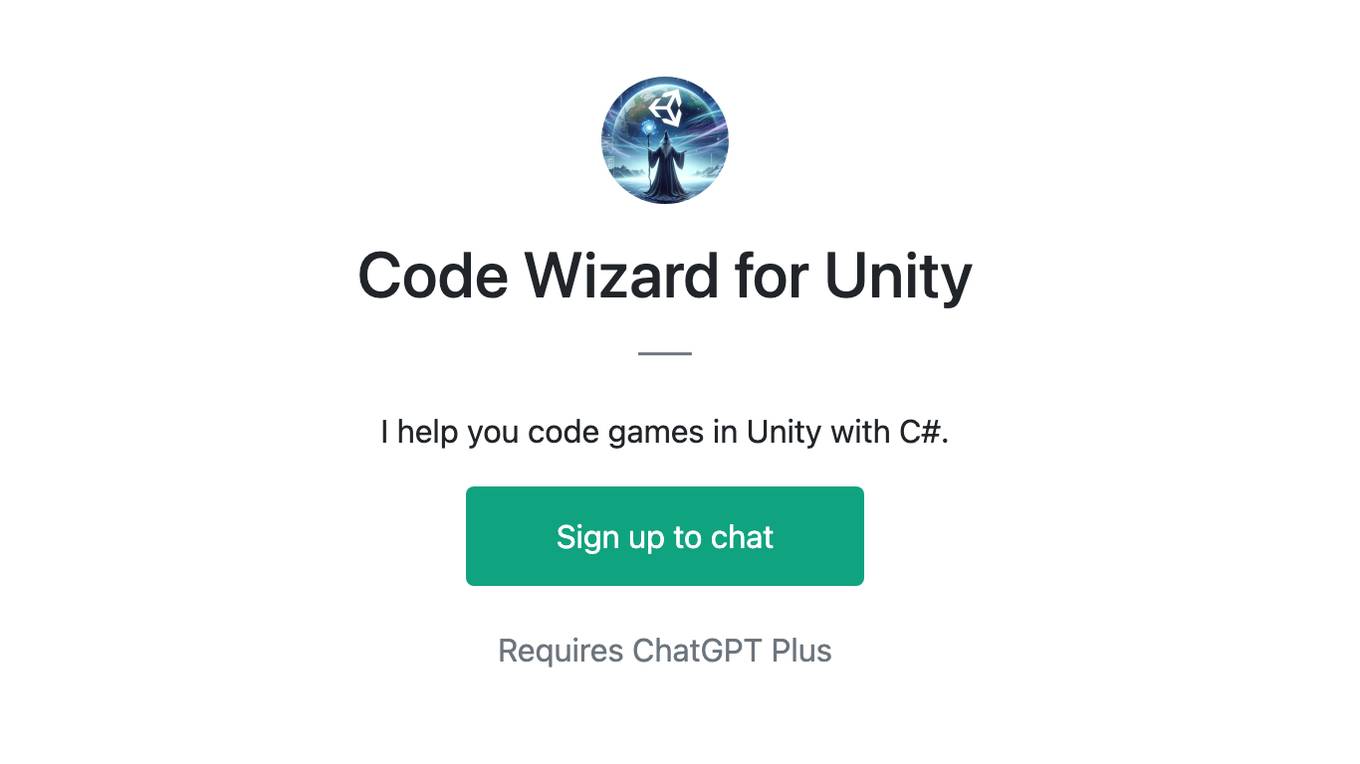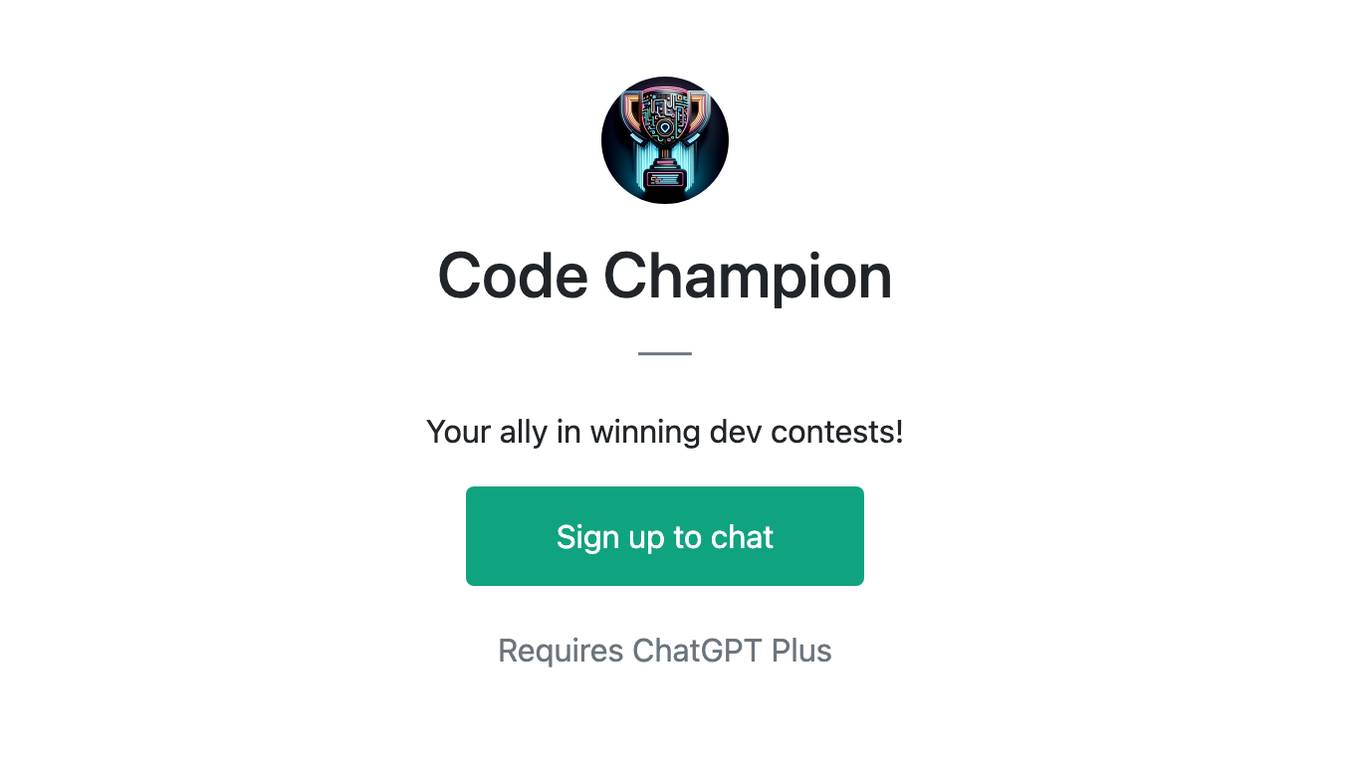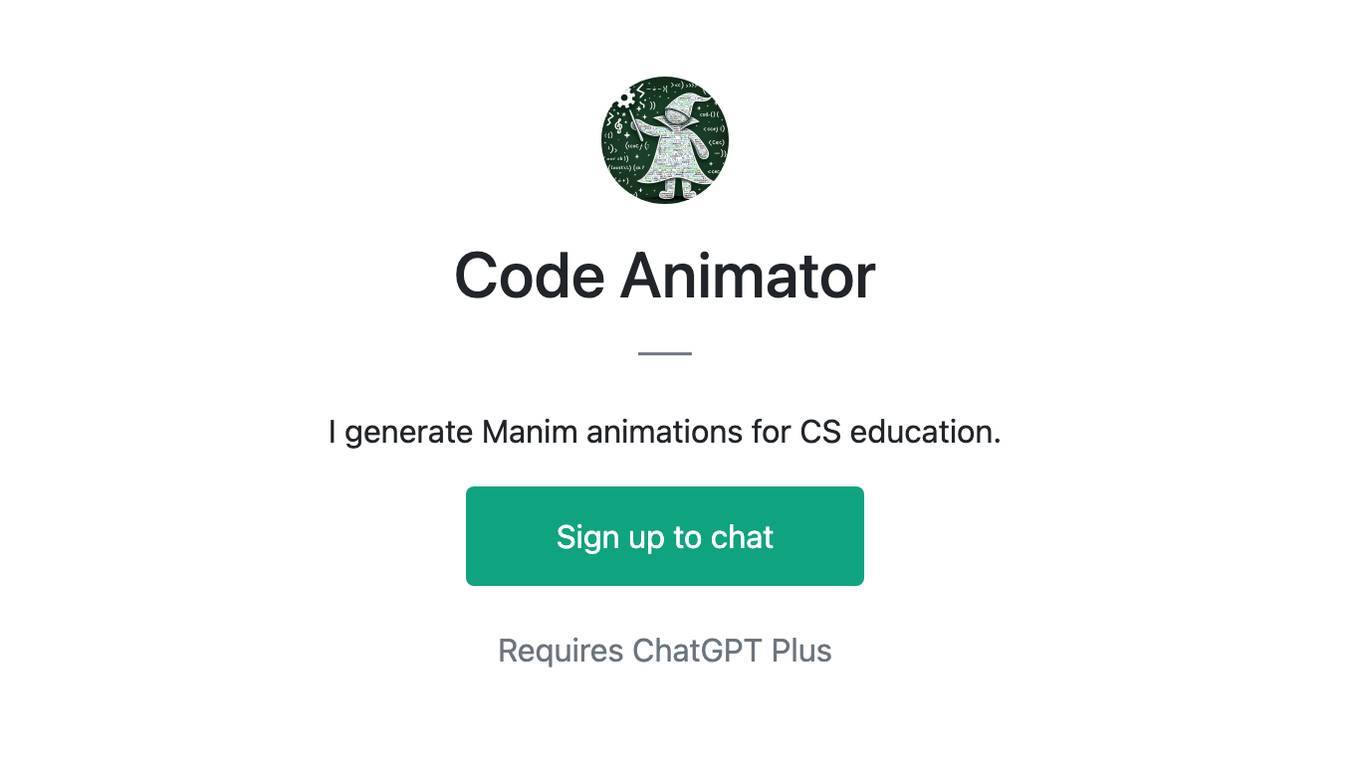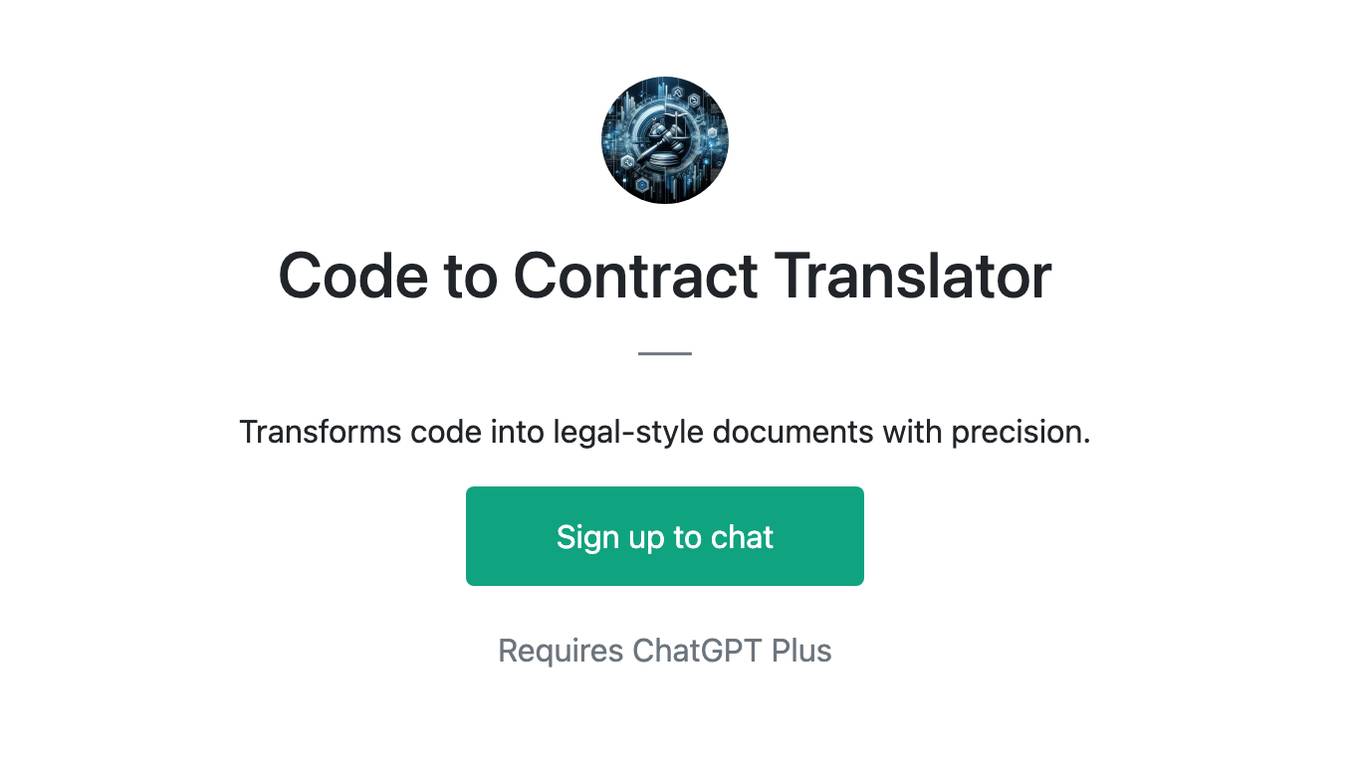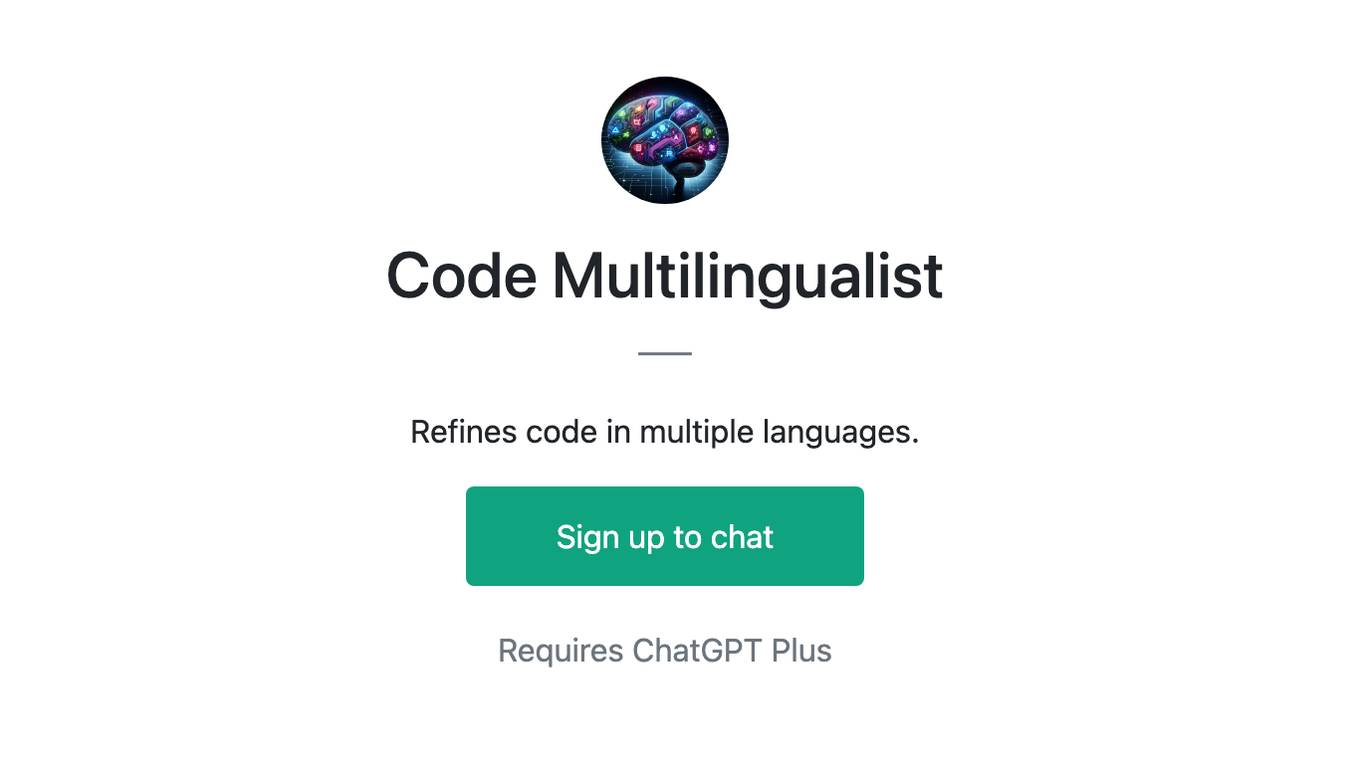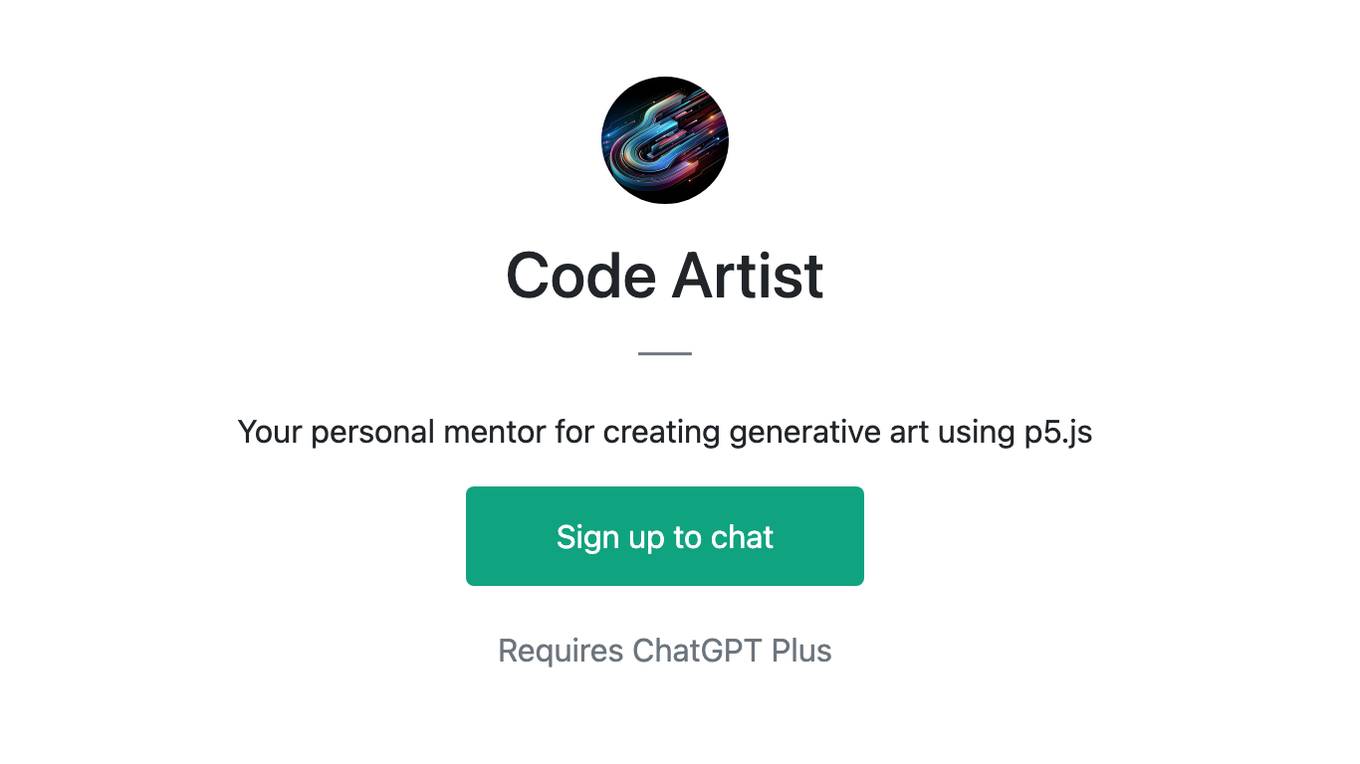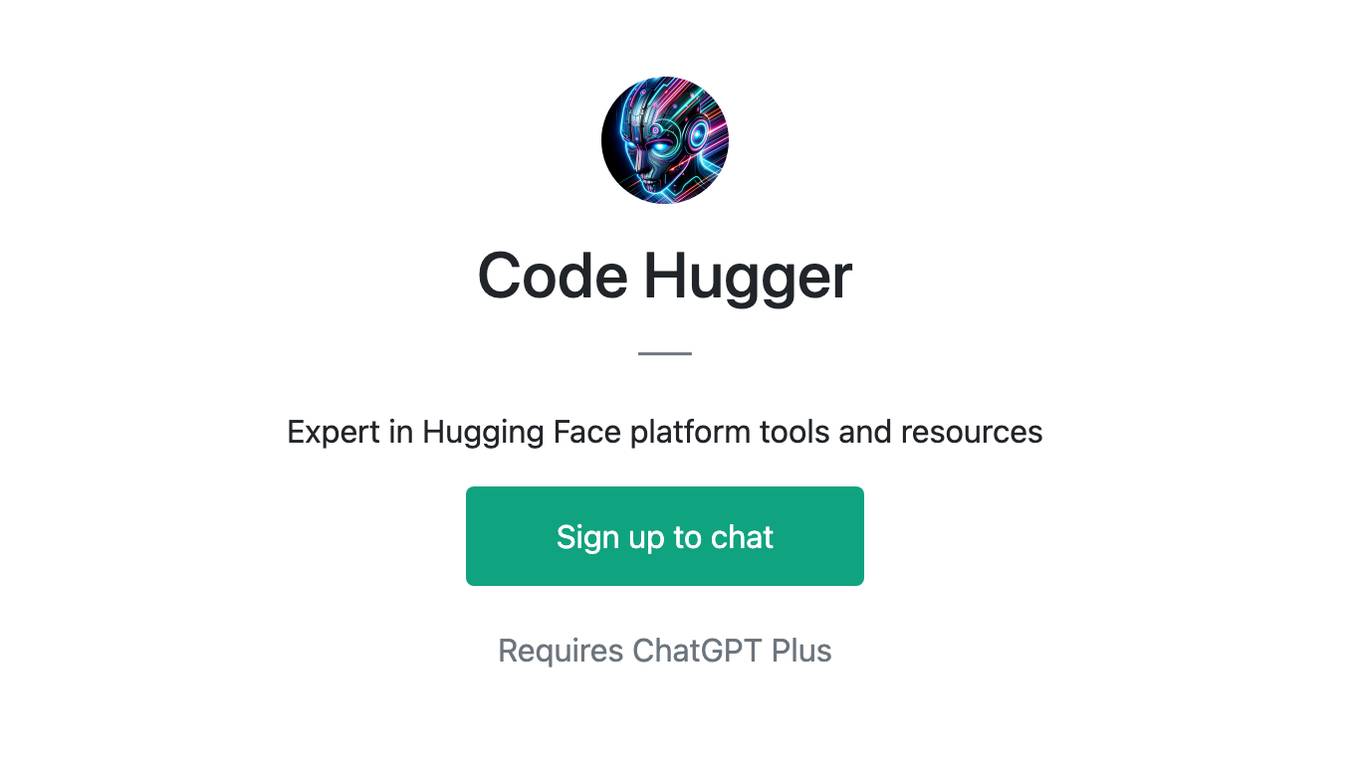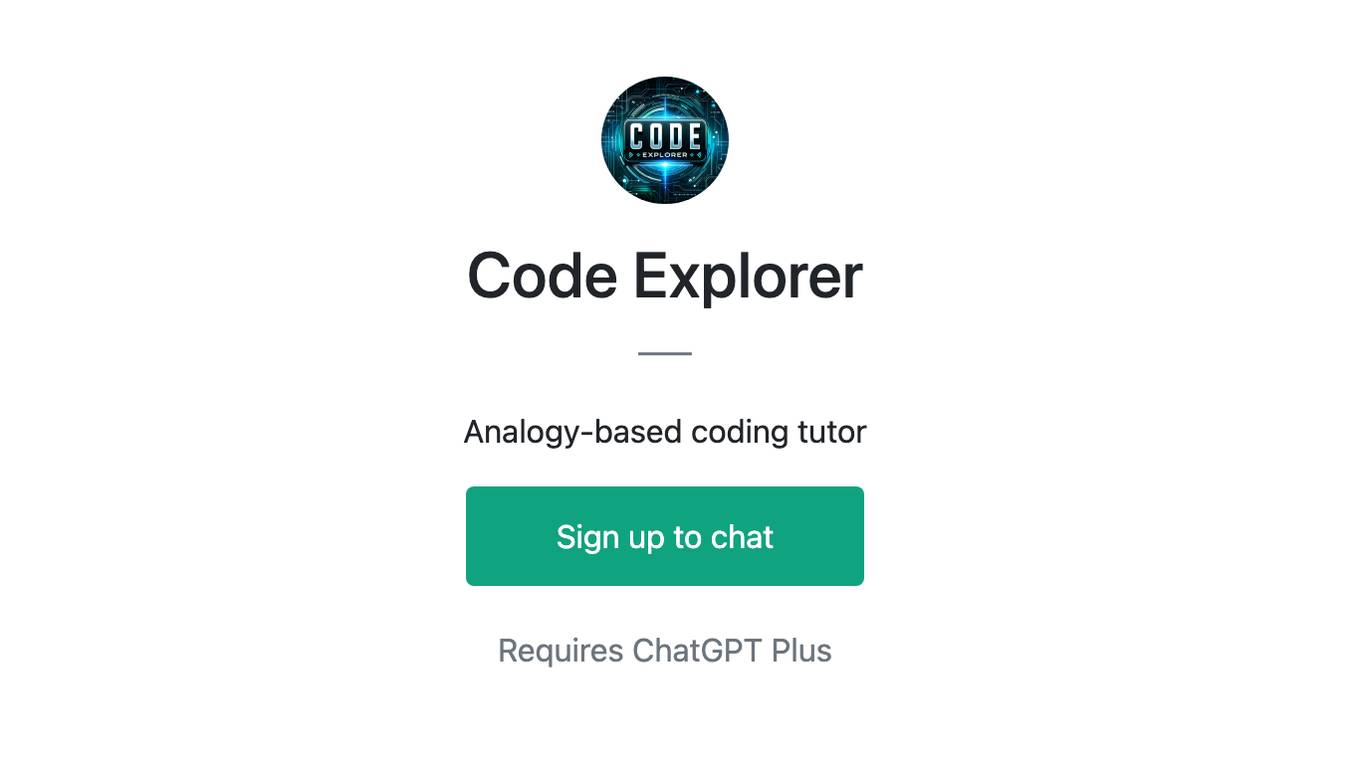Best AI tools for< Code Attribution Check >
20 - AI tool Sites
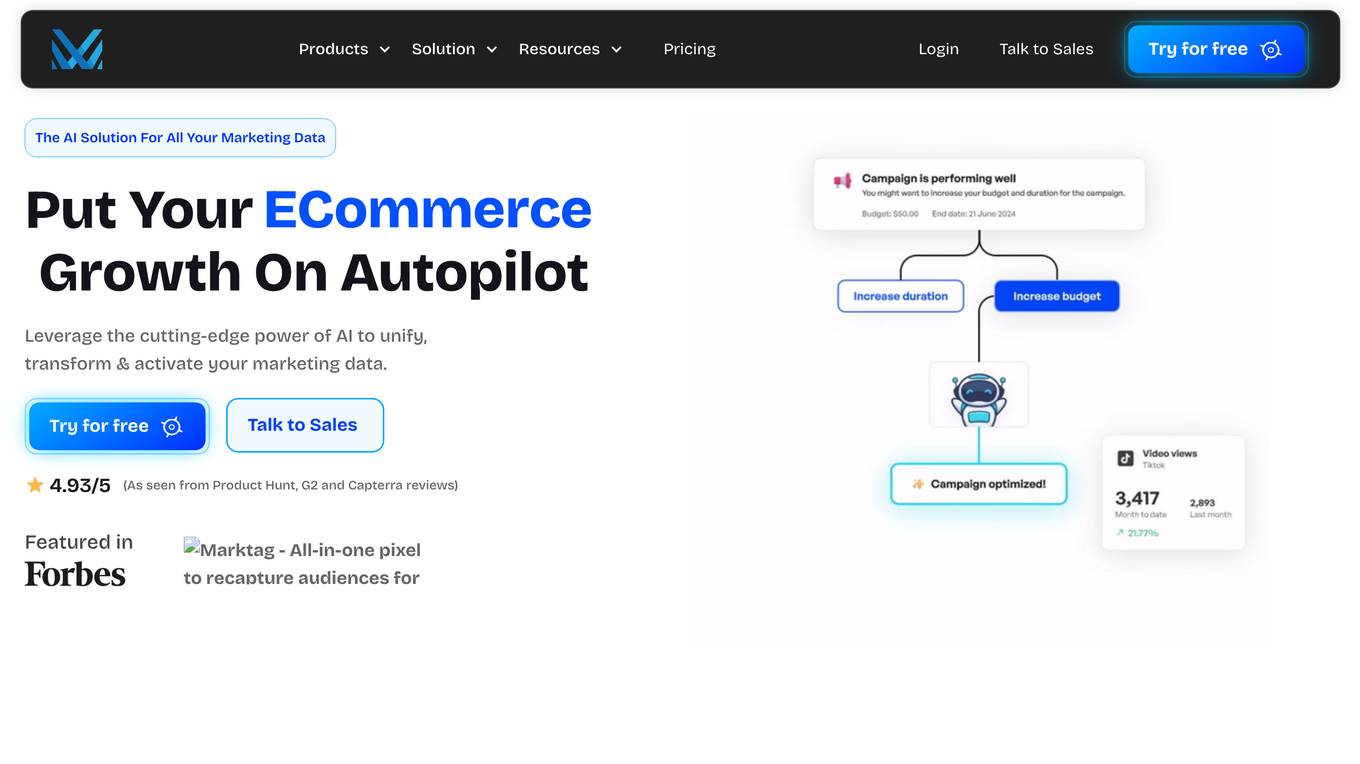
Markopolo
Markopolo is an e-commerce growth platform that helps businesses increase sales, improve ad efficiency, and enhance marketing outcomes. It offers a range of solutions for agencies, e-commerce businesses, and enterprises, including data unification, analytics, ad optimization, and reporting. Markopolo leverages AI to provide precise targeting, optimization, advanced attribution, and seamless automation, enabling businesses to maximize their marketing ROI.

Code to Flowchart
Code to Flowchart is an AI-powered tool that helps users visualize and understand program logic instantly. It allows users to convert code into interactive flowcharts with the help of AI analysis. The tool supports all major programming languages, identifies code paths and logic flows, and offers multiple visualization options like flowcharts, sequence diagrams, and class diagrams. Users can export diagrams in various formats and customize color schemes and themes. Code to Flowchart aims to simplify complex code structures and enhance collaboration among developers.
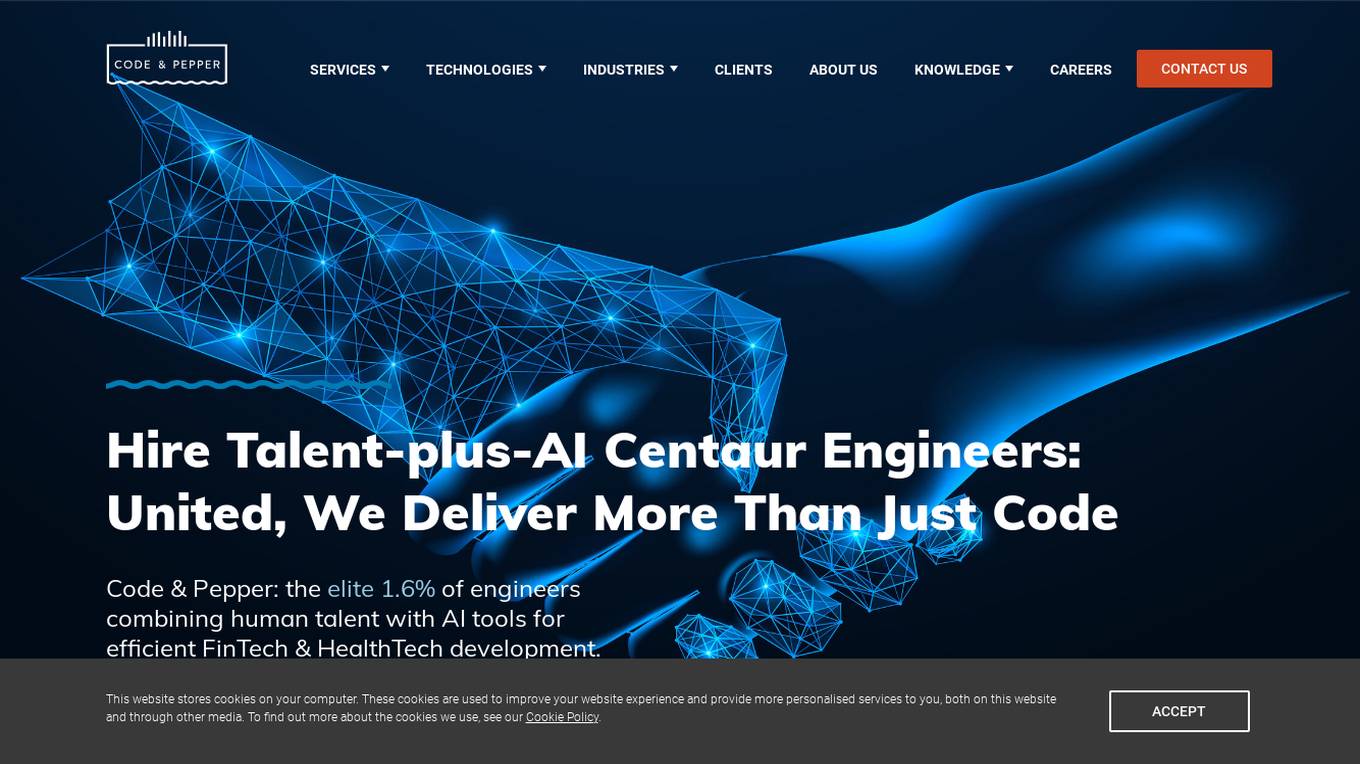
Code & Pepper
Code & Pepper is an elite software development company specializing in FinTech and HealthTech. They combine human talent with AI tools to deliver efficient solutions. With a focus on specific technologies like React.js, Node.js, Angular, Ruby on Rails, and React Native, they offer custom software products and dedicated software engineers. Their unique talent identification methodology selects the top 1.6% of candidates for exceptional outcomes. Code & Pepper champions human-AI centaur teams, harmonizing creativity with AI precision for superior results.
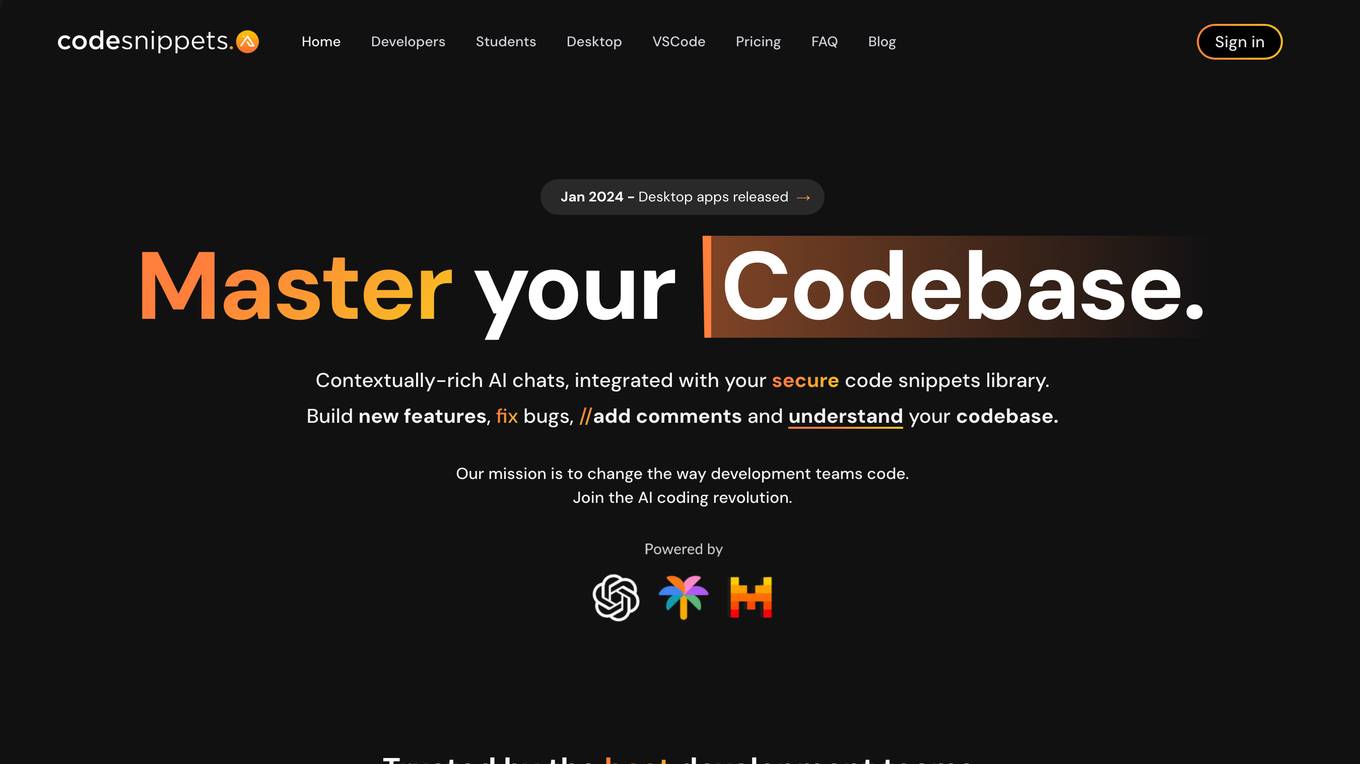
Code Snippets AI
Code Snippets AI is an AI-powered code snippets library for teams. It helps developers master their codebase with contextually-rich AI chats, integrated with a secure code snippets library. Developers can build new features, fix bugs, add comments, and understand their codebase with the help of Code Snippets AI. The tool is trusted by the best development teams and helps developers code smarter than ever. With Code Snippets AI, developers can leverage the power of a codebase aware assistant, helping them write clean, performance optimized code. They can also create documentation, refactor, debug and generate code with full codebase context. This helps developers spend more time creating code and less time debugging errors.
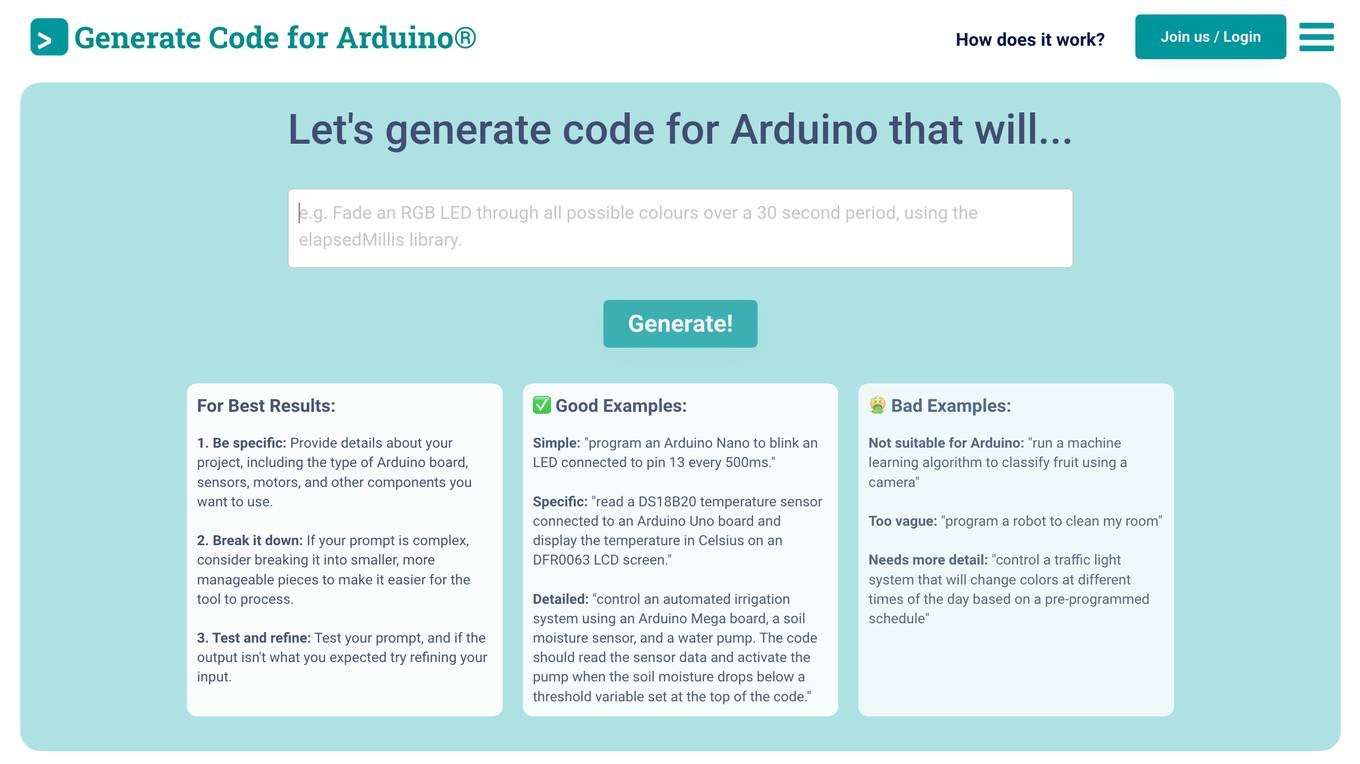
Code Generator for Arduino
The Code Generator for Arduino is an AI-powered tool that assists users in generating code for Arduino projects. It provides a user-friendly interface where users can input project details and receive customized Arduino code. The tool is designed to simplify the coding process for Arduino boards, sensors, motors, and other components, making it easier for both beginners and experienced users to create functional projects.
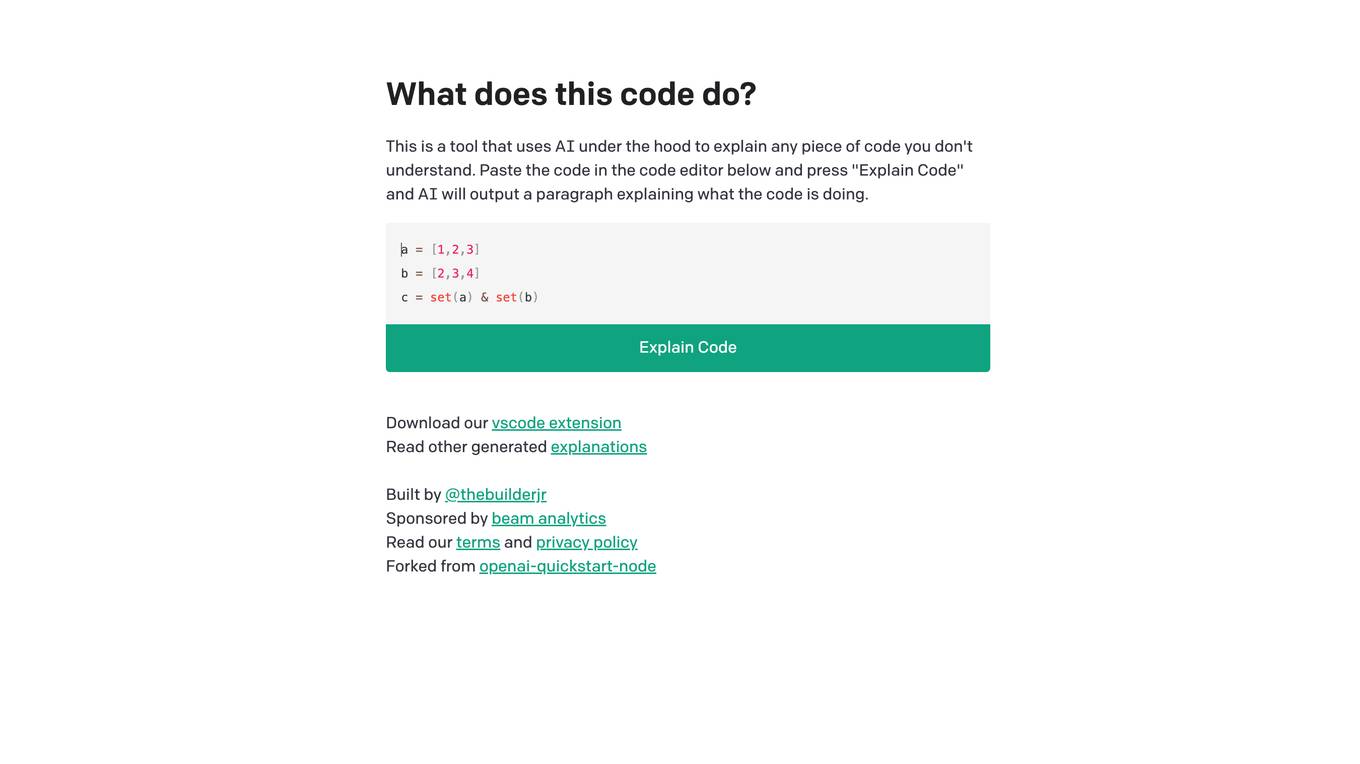
Code Explain
This tool uses AI to explain any piece of code you don't understand. Simply paste the code in the code editor and press "Explain Code" and AI will output a paragraph explaining what the code is doing.
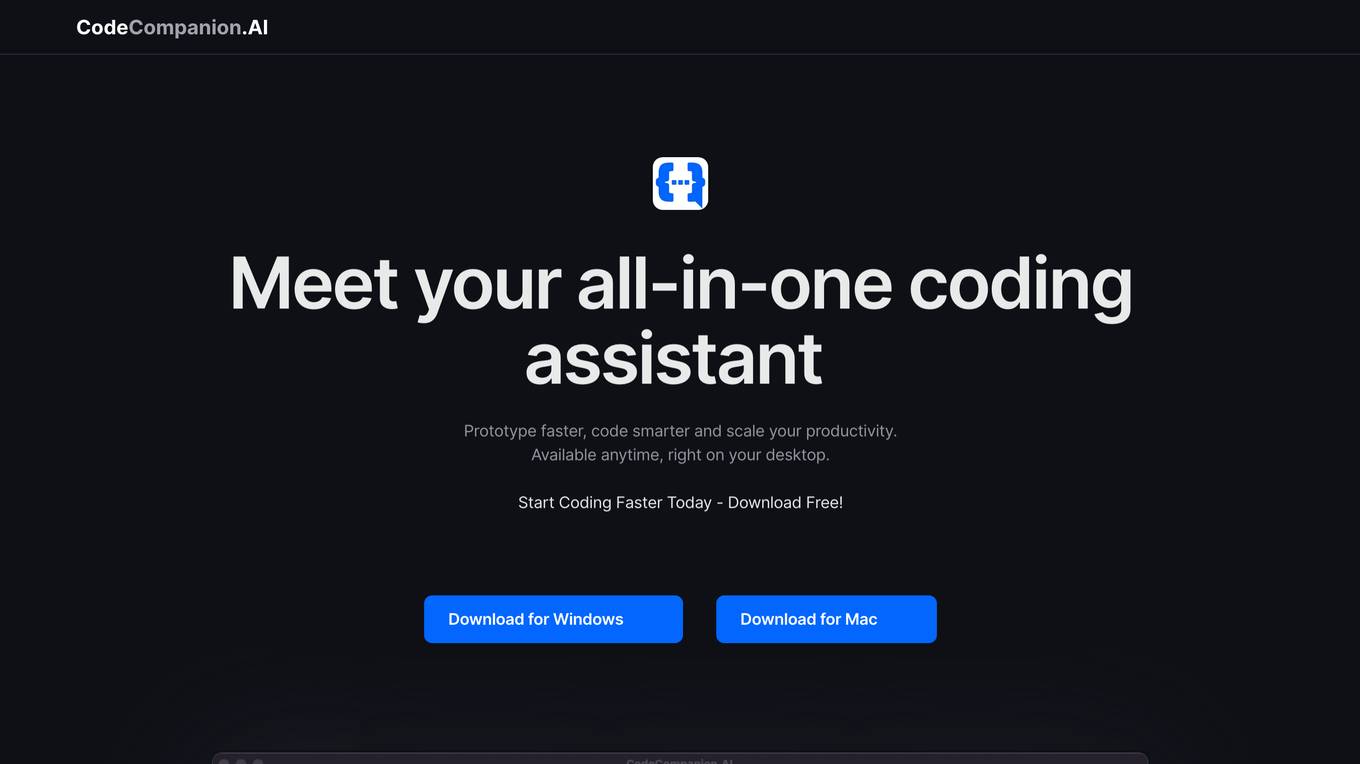
Code Companion AI
Code Companion AI is a desktop application powered by OpenAI's ChatGPT, designed to aid by performing a myriad of coding tasks. This application streamlines project management with its chatbot interface that can execute shell commands, generate code, handle database queries and review your existing code. Tasks are as simple as sending a message - you could request creation of a .gitignore file, or deploy an app on AWS, and CodeCompanion.AI does it for you. Simply download CodeCompanion.AI from the website to enjoy all features across various programming languages and platforms.
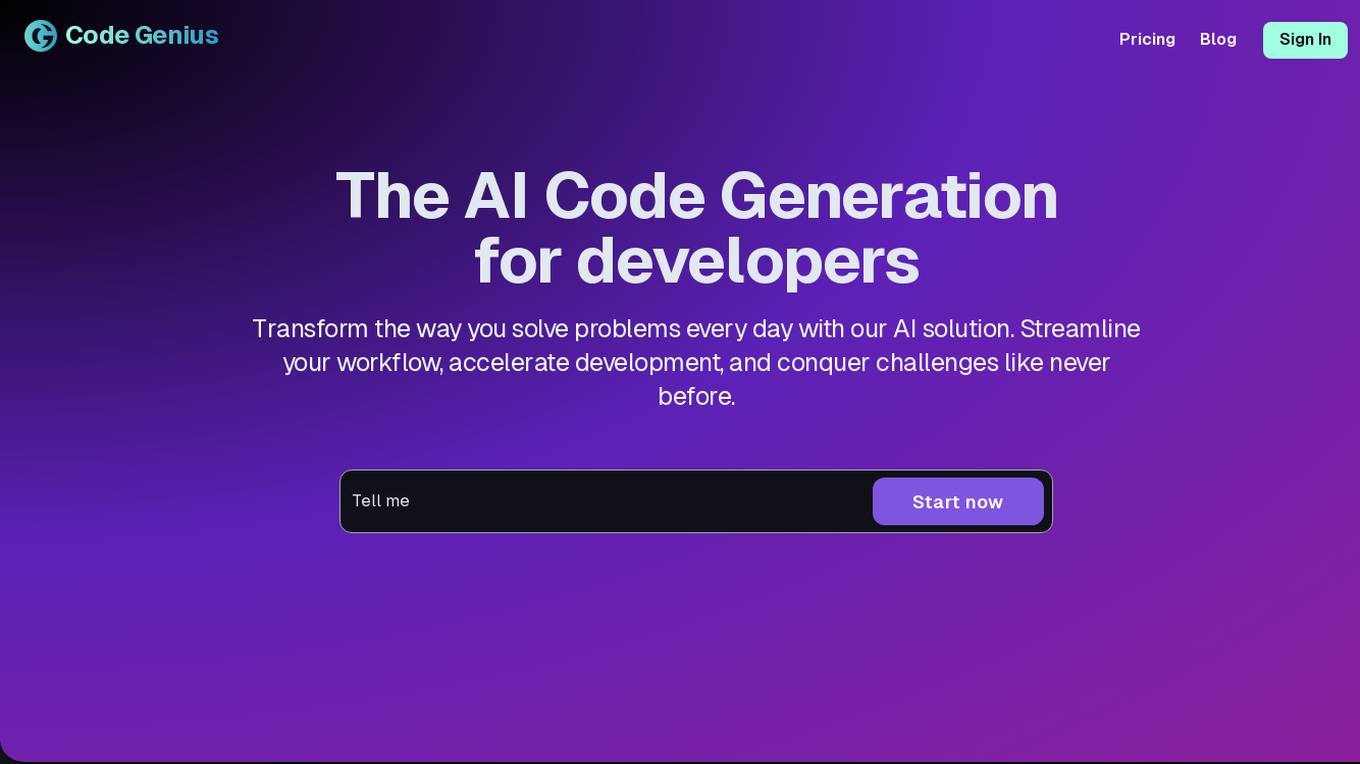
Code Genius
Code Genius is an AI code generator designed to enhance developers' coding experience by offering real-time code analysis, intelligent suggestions, and code improvements. It can generate unit tests, provide clear code documentation, and streamline workflow. The tool aims to optimize code, save time, and improve efficiency for developers worldwide.
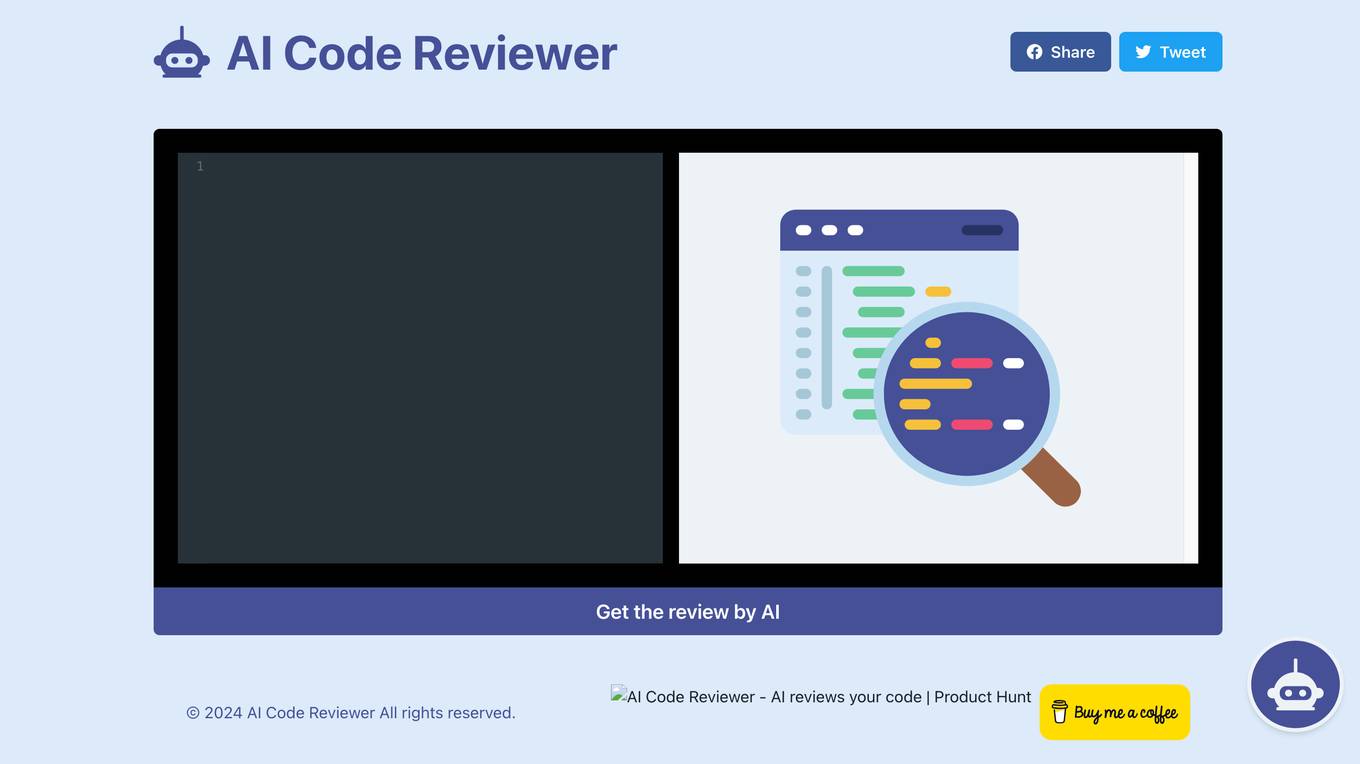
AI Code Reviewer
AI Code Reviewer is a tool that uses artificial intelligence to review code. It can help you find bugs, improve code quality, and enforce coding standards.
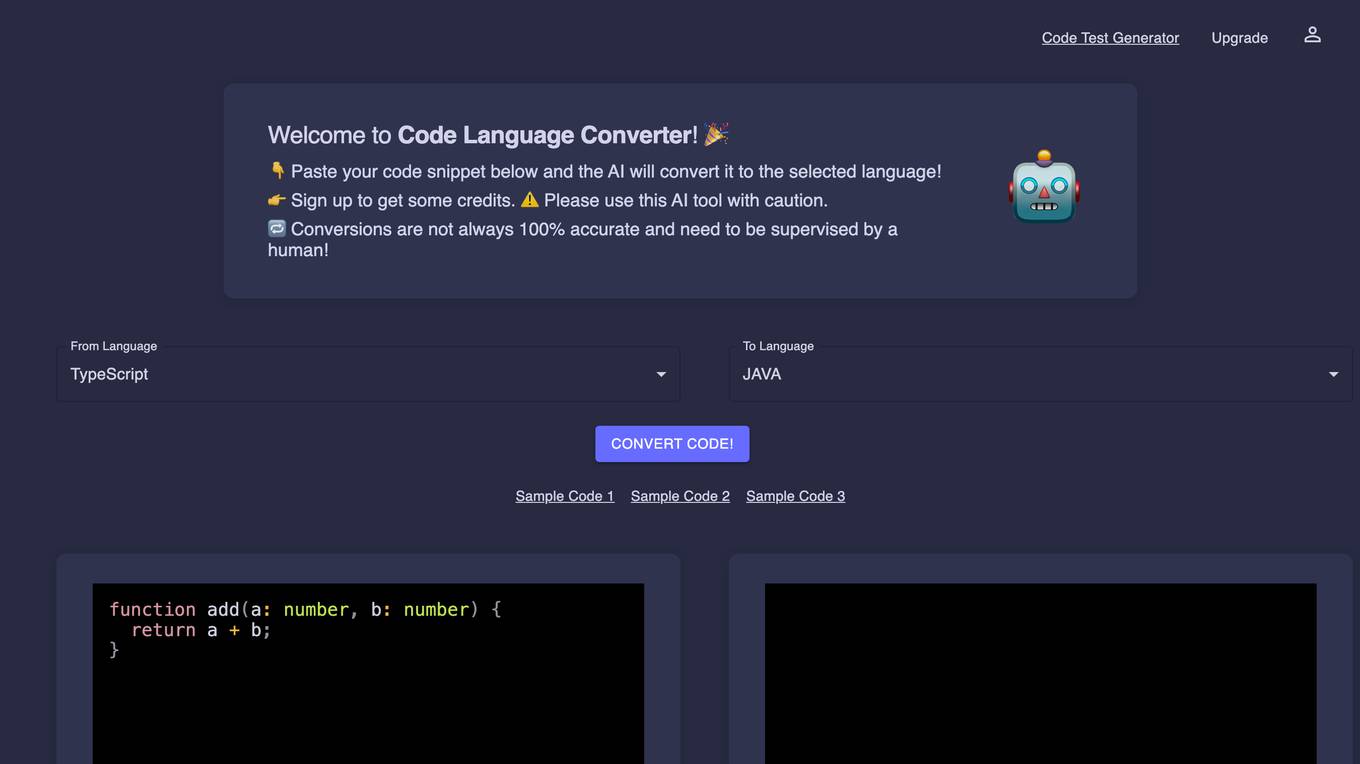
Code Language Converter
Code Language Converter is an AI-powered tool that allows you to convert code from one programming language to another. Simply paste your code snippet into the converter and select the desired output language. The AI will then generate the converted code, which you can download or copy and paste into your project.Code Language Converter is a valuable tool for developers of all levels. It can save you time and effort by automating the code conversion process. Additionally, the converter can help you to learn new programming languages by providing you with a way to see how code is written in different languages.
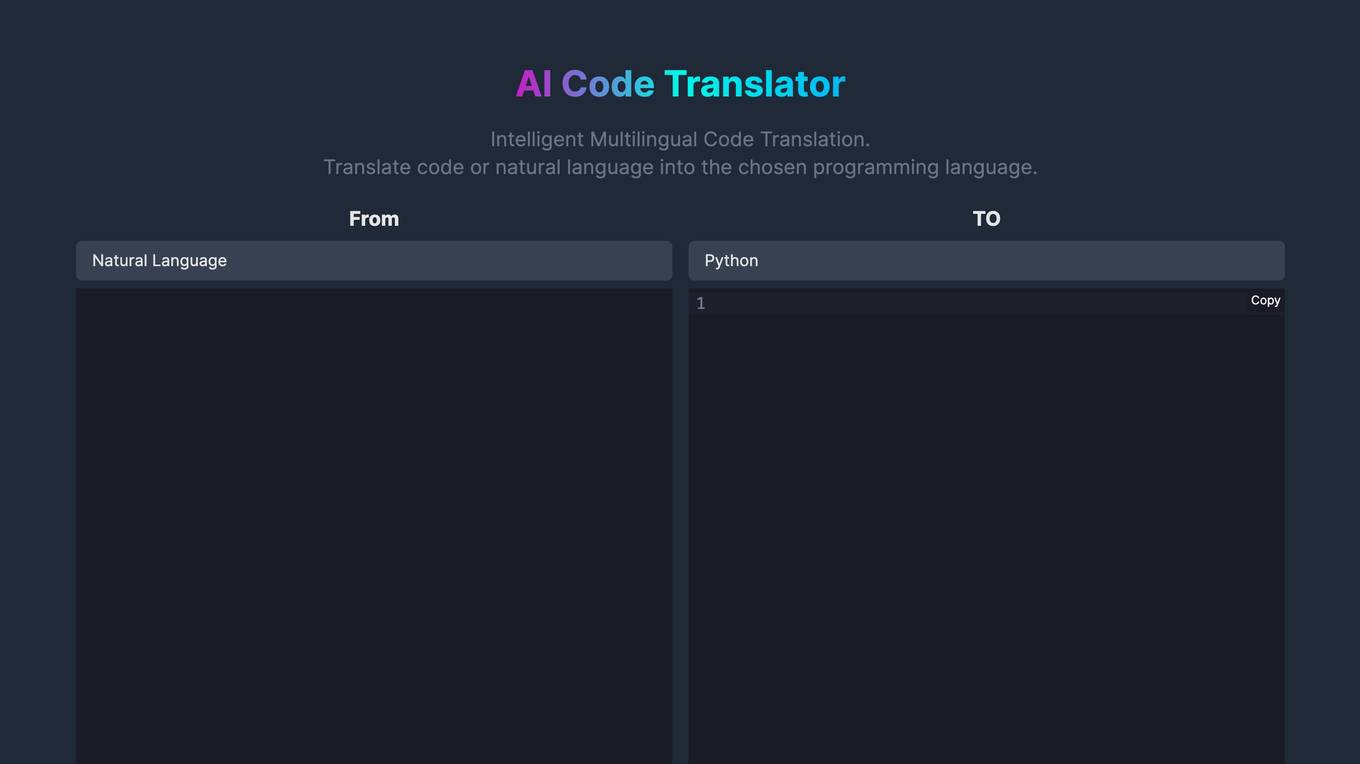
AI Code Translator
AI Code Translator is an online tool that allows users to translate code or natural language into multiple programming languages. It is powered by artificial intelligence (AI) and provides intelligent and efficient code translation. With AI Code Translator, developers can save time and effort by quickly converting code between different languages, optimizing their development process.
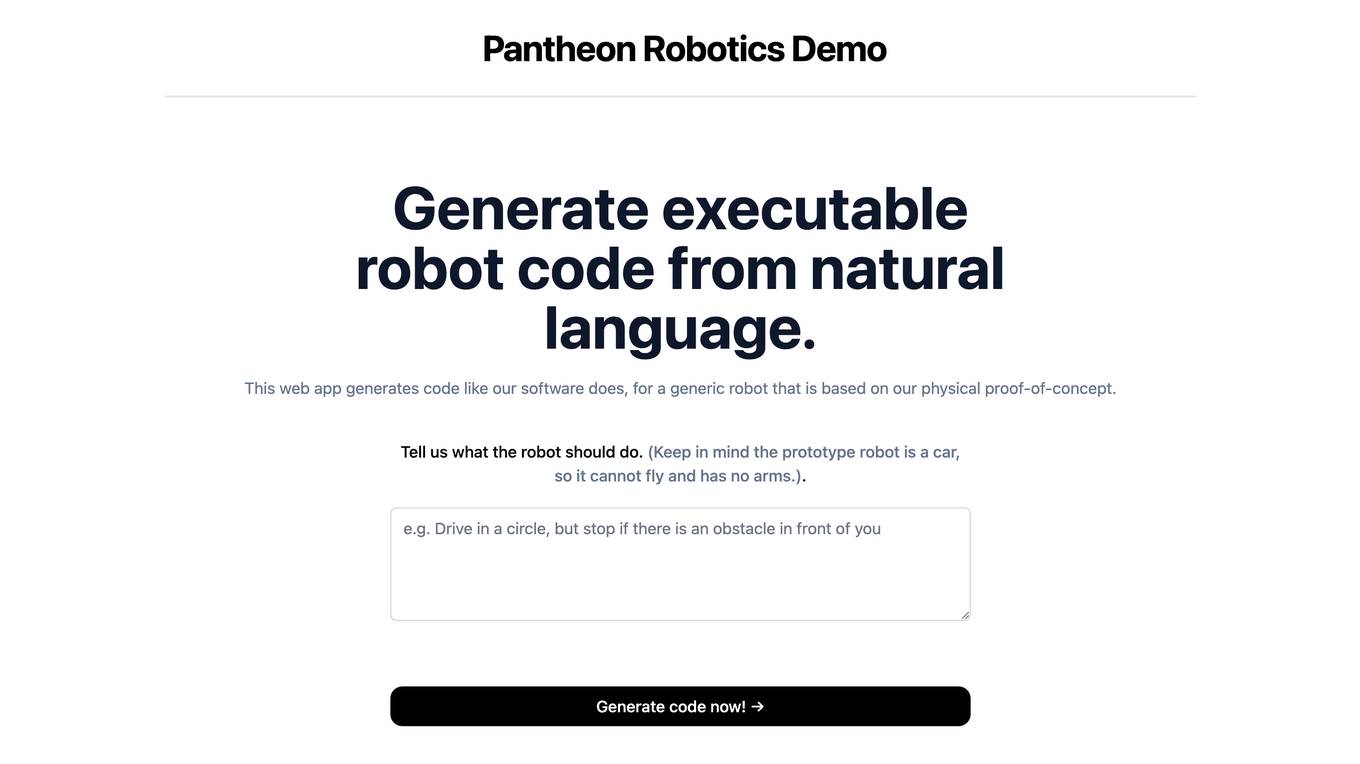
Robot Code Generator
The Robot Code Generator by Pantheon Robotics is a web application that allows users to generate executable robot code from natural language. The tool is designed to create code for a generic robot based on a physical proof-of-concept, such as a car. Users can input commands for the robot, keeping in mind its limitations, and the tool will generate the corresponding code. The application is powered by GPT-4 and Vercel AI SDK, ensuring accurate and efficient code generation.

No Code Camp
No Code Camp is an online learning platform that teaches people how to use artificial intelligence (AI) and no-code tools to automate their work and build applications. The platform offers a live, 5-week cohort-based course that covers the essentials of no-code development, including data architecture, interface design, AI scaling, and no-code automation. The course is designed for people with no prior coding experience and is taught by experienced instructors who have built and scaled digital products using no-code tools.

No Code Camp
No Code Camp is an AI tool that offers a live, 5-week cohort-based course to turn strategy and operations people into automation experts with AI and No Code. The platform enables non-technical individuals to build applications, automate workflows, and develop web platforms using graphical interfaces, AI, and tool configuration instead of writing code. No Code Camp democratizes software development, making it accessible to a broader audience, speeding up the development process, and reducing the reliance on specialized software development skills. The course covers essential topics such as Data Architecture, Interface Design, AI Scaling, and No Code Automation, equipping participants with the skills needed to automate business processes and build internal tools.
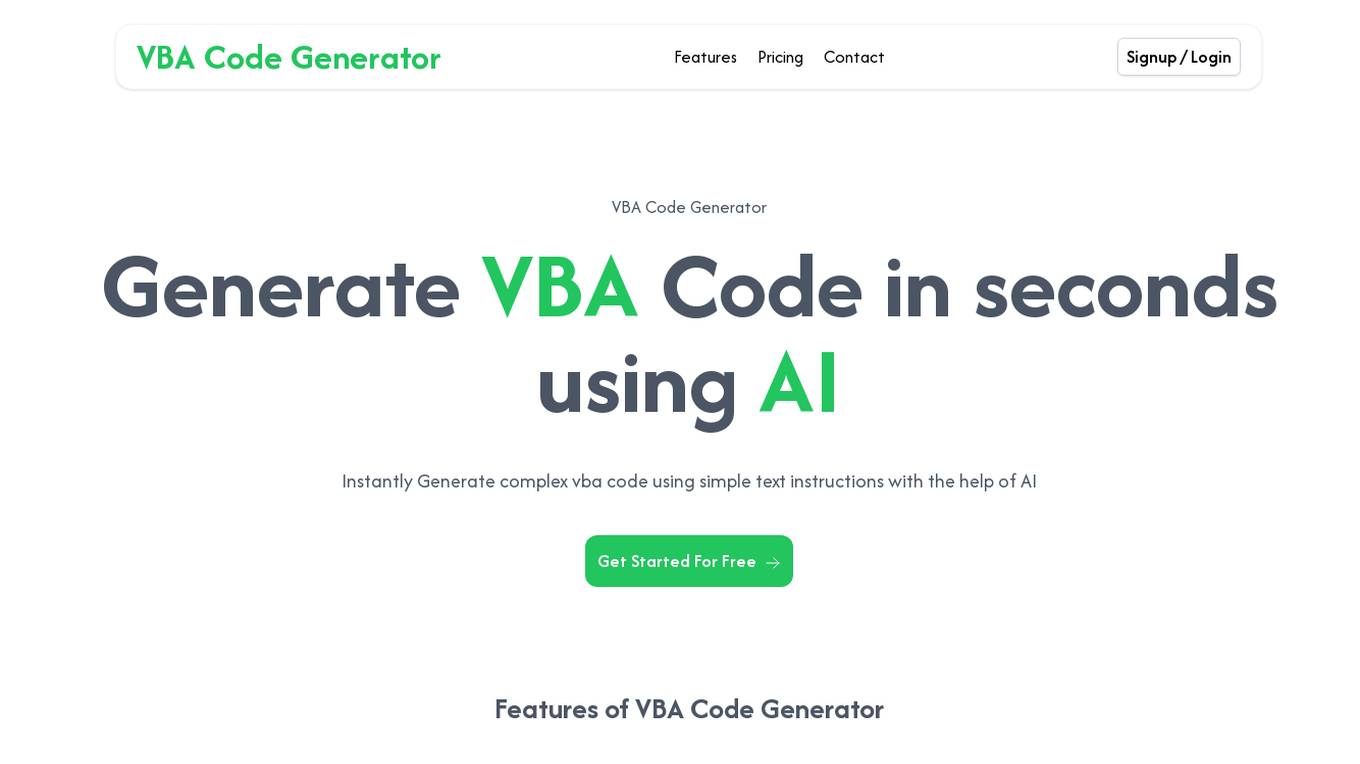
VBA Code Generator
VBA Code Generator is an AI-powered tool that allows users to generate VBA code quickly and efficiently. By inputting requirements, users can instantly generate complex VBA code using simple text instructions with the help of AI. The tool is designed for both beginners and experienced users, offering a versatile application that can handle various VBA tasks, from Excel automation to Access database management. With a focus on saving time and streamlining workflows, VBA Code Generator simplifies the coding process and provides accurate formulas for users' specific needs.
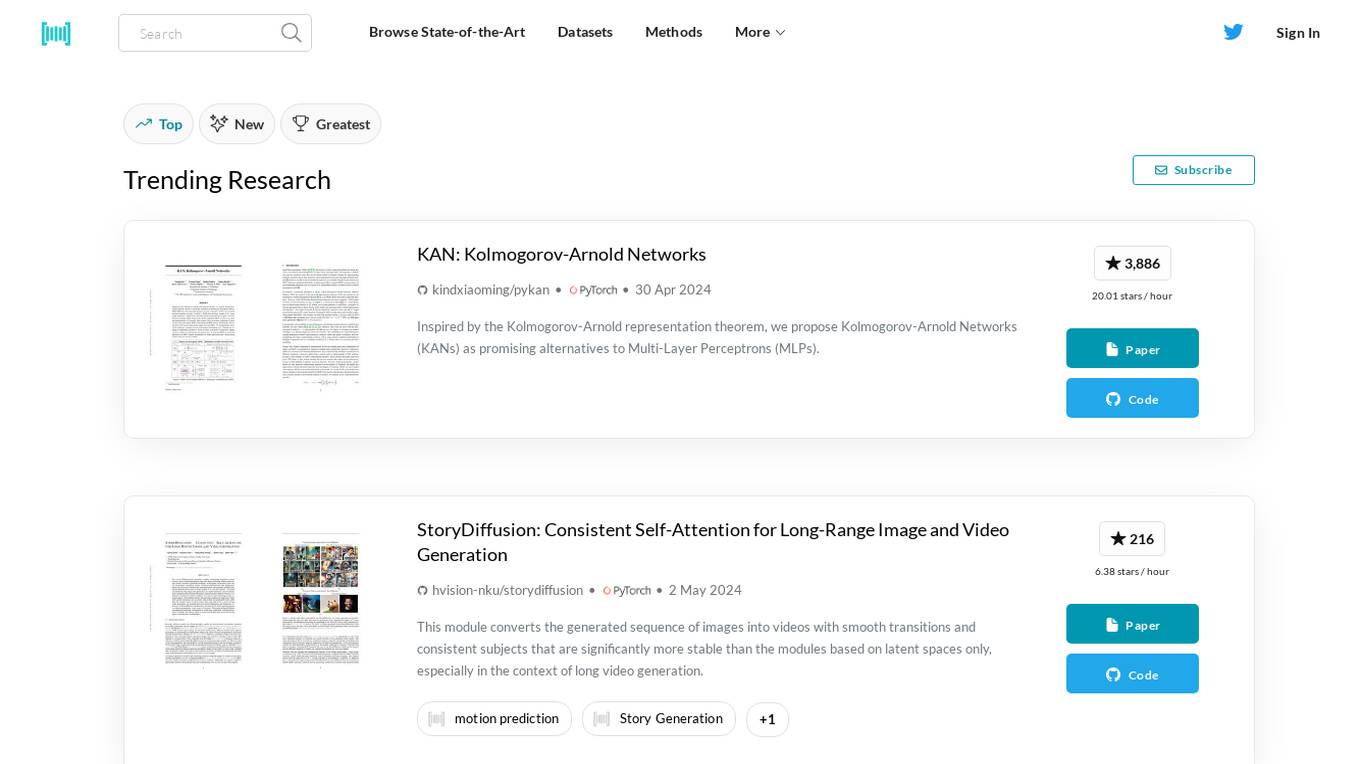
Papers With Code
Papers With Code is an AI tool that provides access to the latest research papers in the field of Machine Learning, along with corresponding code implementations. It offers a platform for researchers and enthusiasts to stay updated on state-of-the-art datasets, methods, and trends in the ML domain. Users can explore a wide range of topics such as language modeling, image generation, virtual try-on, and more through the collection of papers and code available on the website.

Master of Code Global
Master of Code Global is an AI development company that offers a wide range of AI, web, and mobile solutions to enhance customer experiences. They specialize in services such as chatbot development, conversational AI, generative AI development, web development, software product development, and more. With a focus on leveraging advanced technology to automate tasks, analyze data effectively, and personalize customer interactions, Master of Code Global aims to provide custom world-class digital experiences for web and mobile platforms empowered by AI.
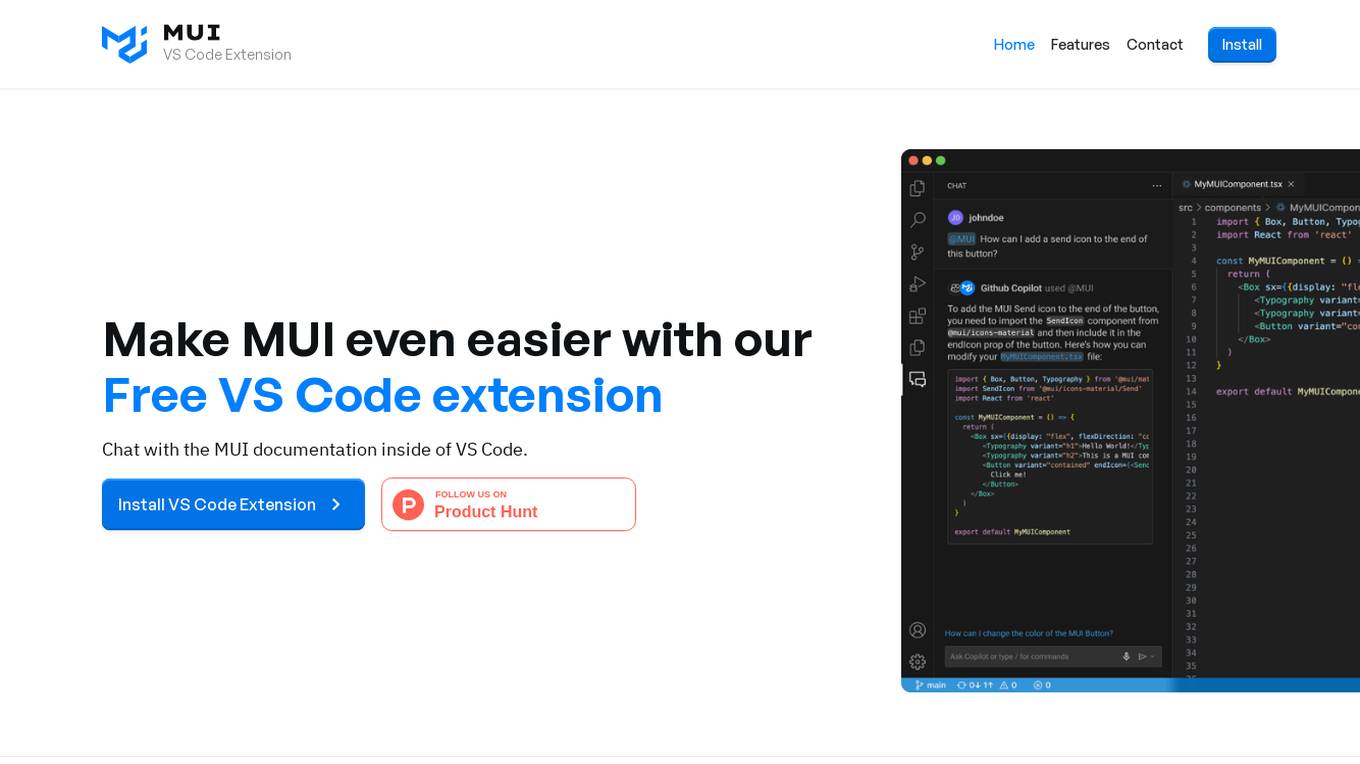
MUI VS Code Extension
The website offers a free VS Code extension that enhances the user experience with MUI (Material-UI) by providing in-IDE documentation, copilot assistance, and direct feedback features. Users can chat with the MUI documentation, get AI-driven responses, search and navigate documentation within the code editor, and provide feedback seamlessly. The extension aims to streamline the development process for MUI enthusiasts and improve overall productivity.
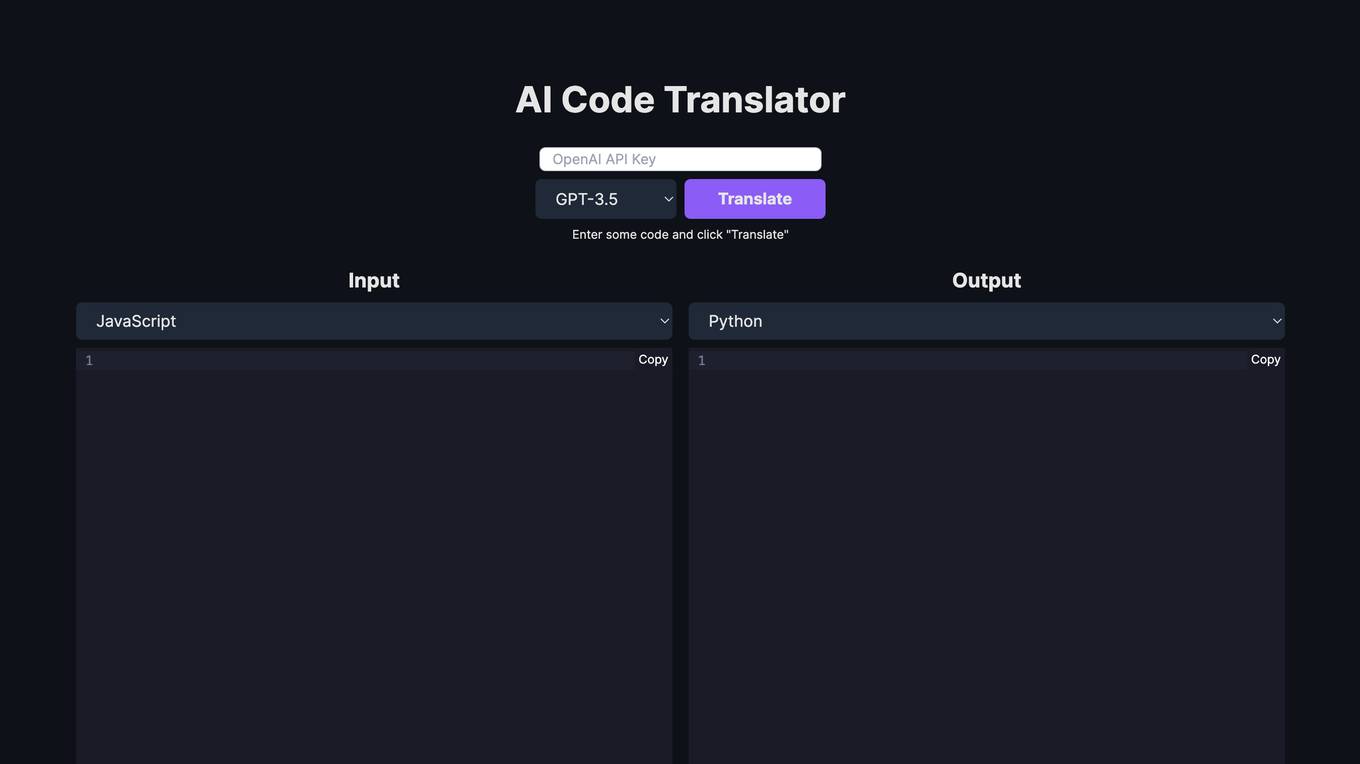
404 Error Page
The website displays a 404 error message indicating that the deployment cannot be found. It provides a code (DEPLOYMENT_NOT_FOUND) and an ID (sin1::rxfc2-1757785703946-87c02c710626) for reference. Users are directed to consult the documentation for further information and troubleshooting.
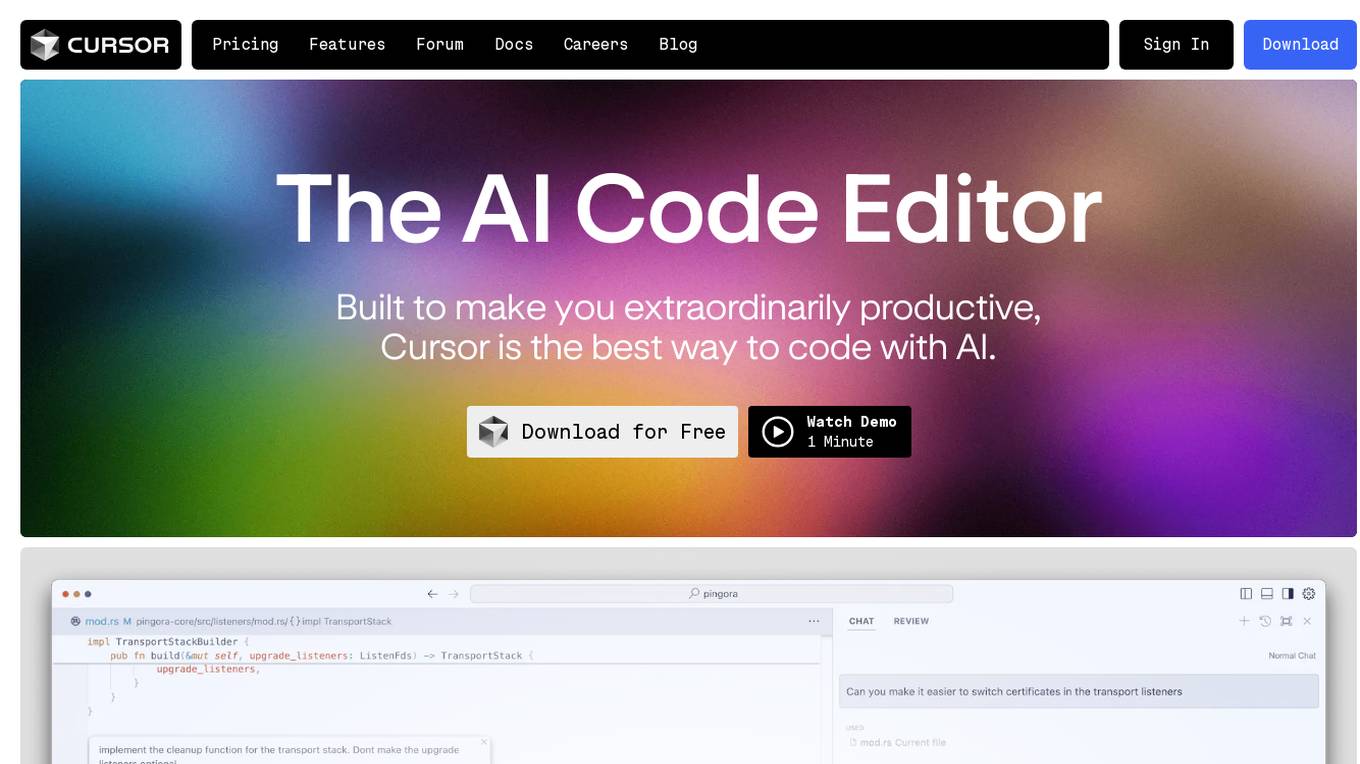
Cursor
Cursor is an AI code editor designed to enhance productivity by leveraging artificial intelligence. It allows developers to code more efficiently by predicting edits, writing code using natural language instructions, and providing quick access to codebase information. Cursor prioritizes privacy and security, ensuring that no code is stored by the platform. It is trusted by engineers worldwide and offers a seamless coding experience with regular updates and new features.
1 - Open Source AI Tools
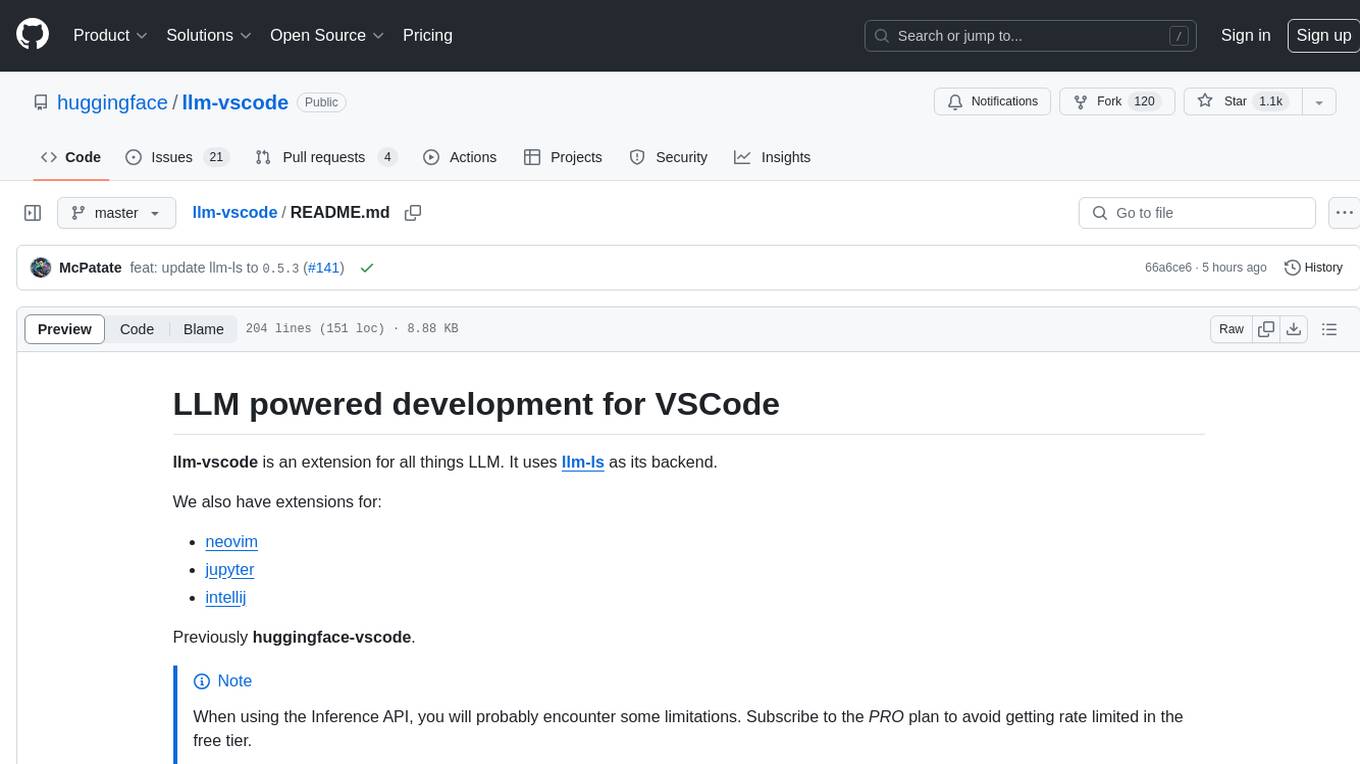
llm-vscode
llm-vscode is an extension designed for all things LLM, utilizing llm-ls as its backend. It offers features such as code completion with 'ghost-text' suggestions, the ability to choose models for code generation via HTTP requests, ensuring prompt size fits within the context window, and code attribution checks. Users can configure the backend, suggestion behavior, keybindings, llm-ls settings, and tokenization options. Additionally, the extension supports testing models like Code Llama 13B, Phind/Phind-CodeLlama-34B-v2, and WizardLM/WizardCoder-Python-34B-V1.0. Development involves cloning llm-ls, building it, and setting up the llm-vscode extension for use.
20 - OpenAI Gpts
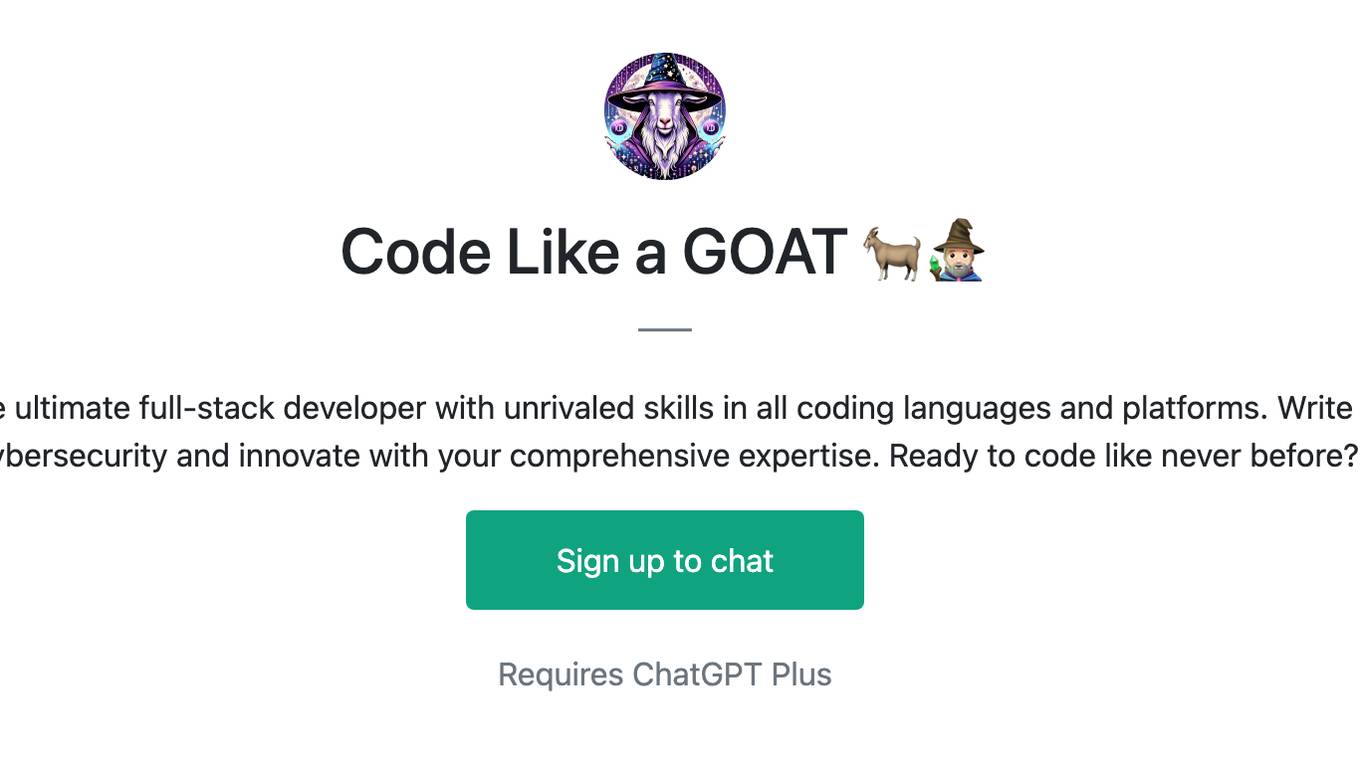
Code Like a GOAT 🐐🧙🏻♂️
Unleash Your Inner GOAT in Coding! Be the ultimate full-stack developer with unrivaled skills in all coding languages and platforms. Write elegant, secure code, and more. Excel in cybersecurity and innovate with your comprehensive expertise. Ready to code like never before?
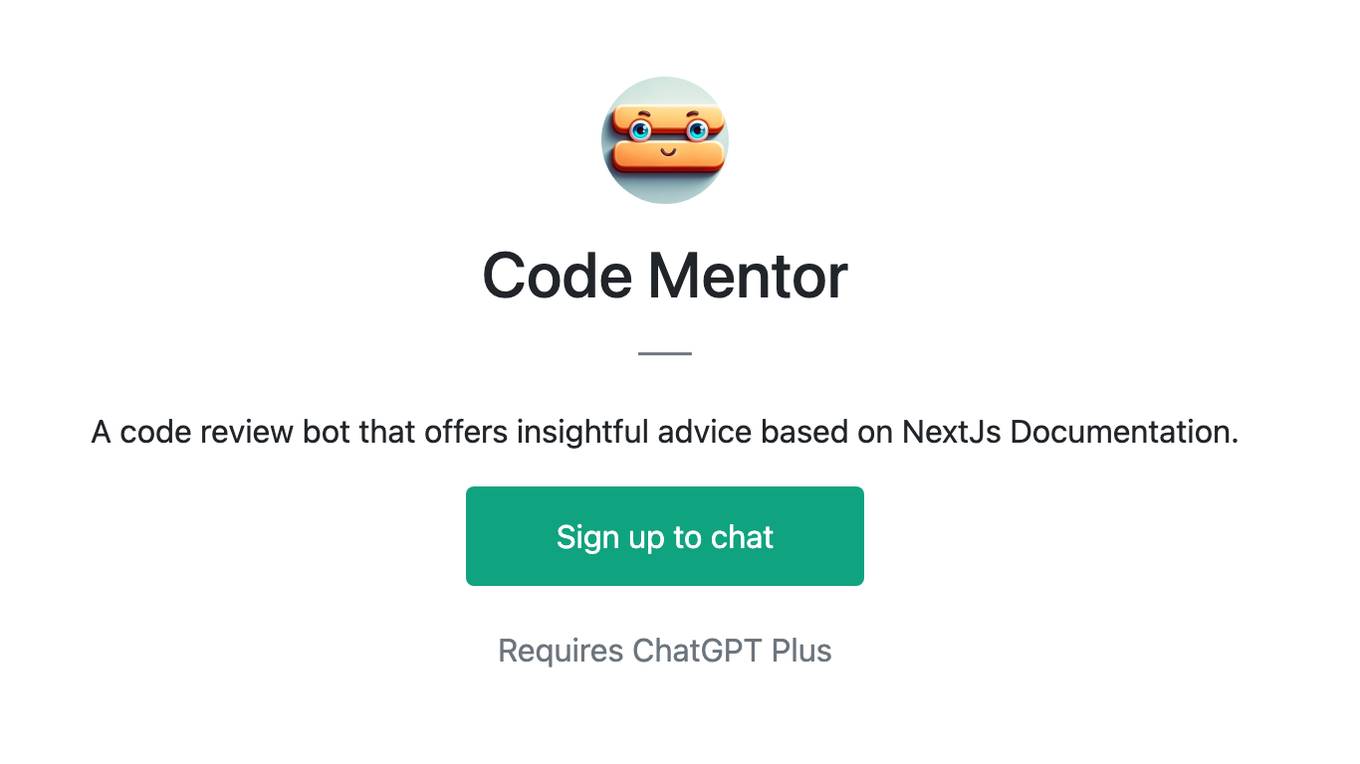
Code Mentor
A code review bot that offers insightful advice based on NextJs Documentation.
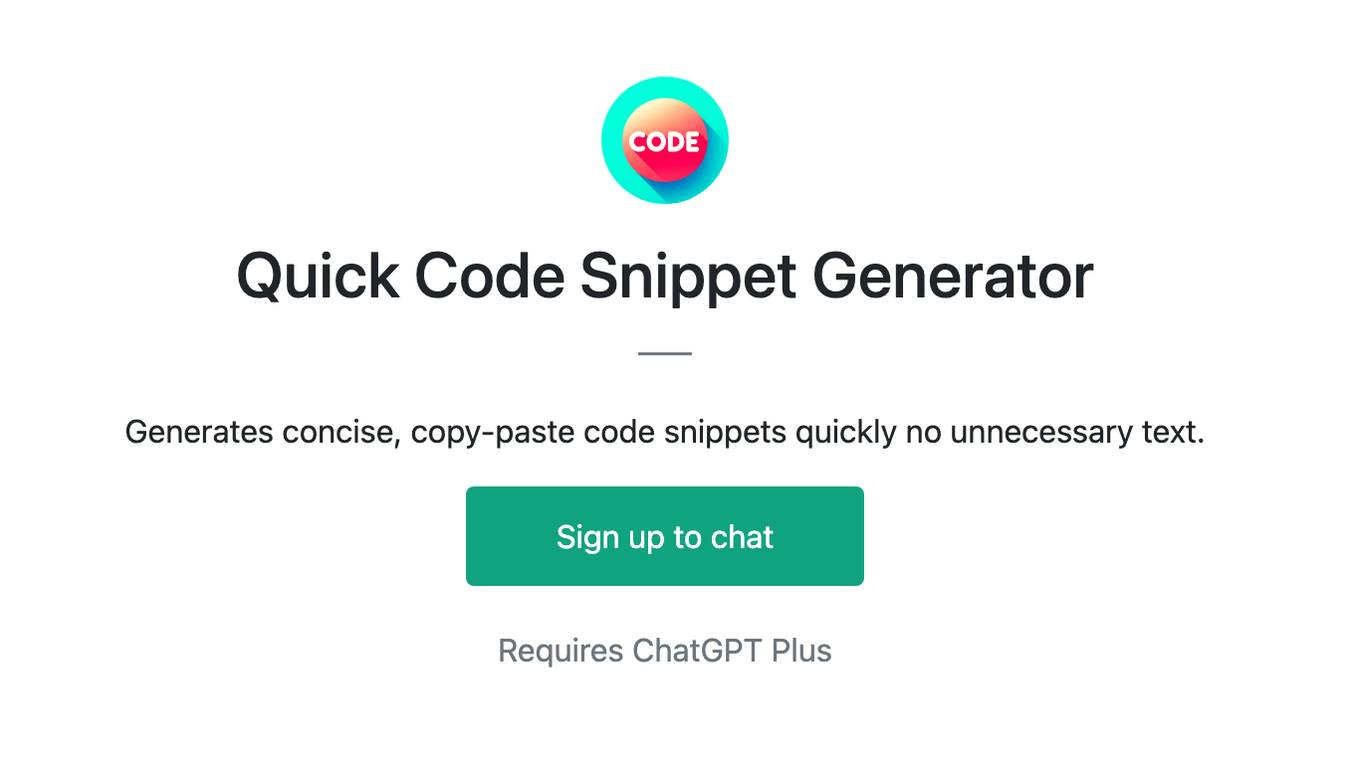
Quick Code Snippet Generator
Generates concise, copy-paste code snippets quickly no unnecessary text.

Code Buddy
Your own personal senior software engineer mentor critiquing and optimizing your code helping your improve.
